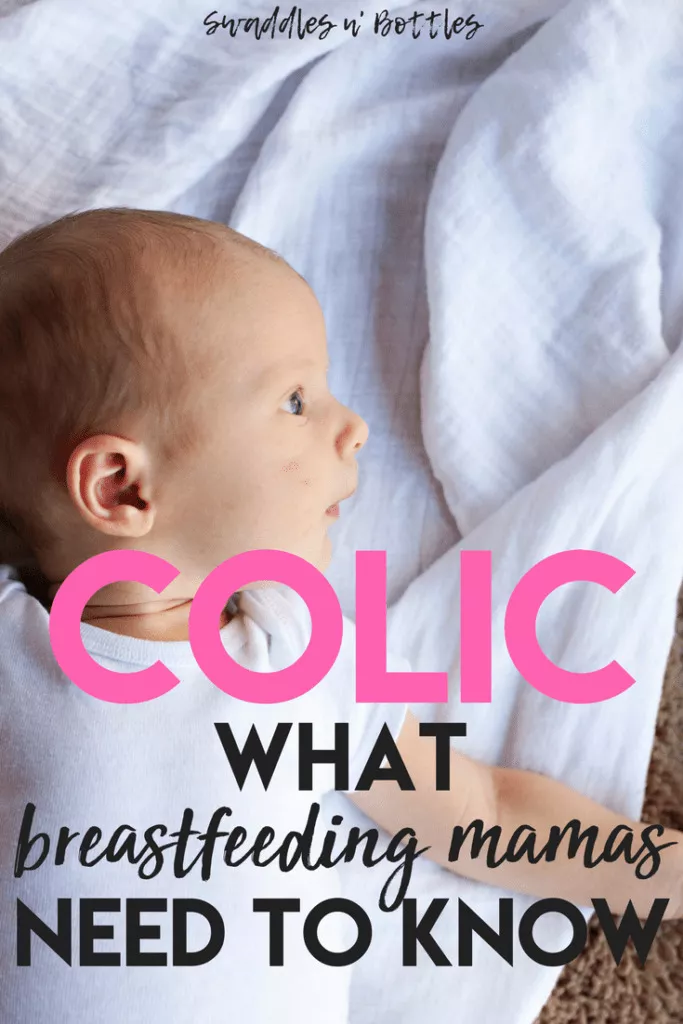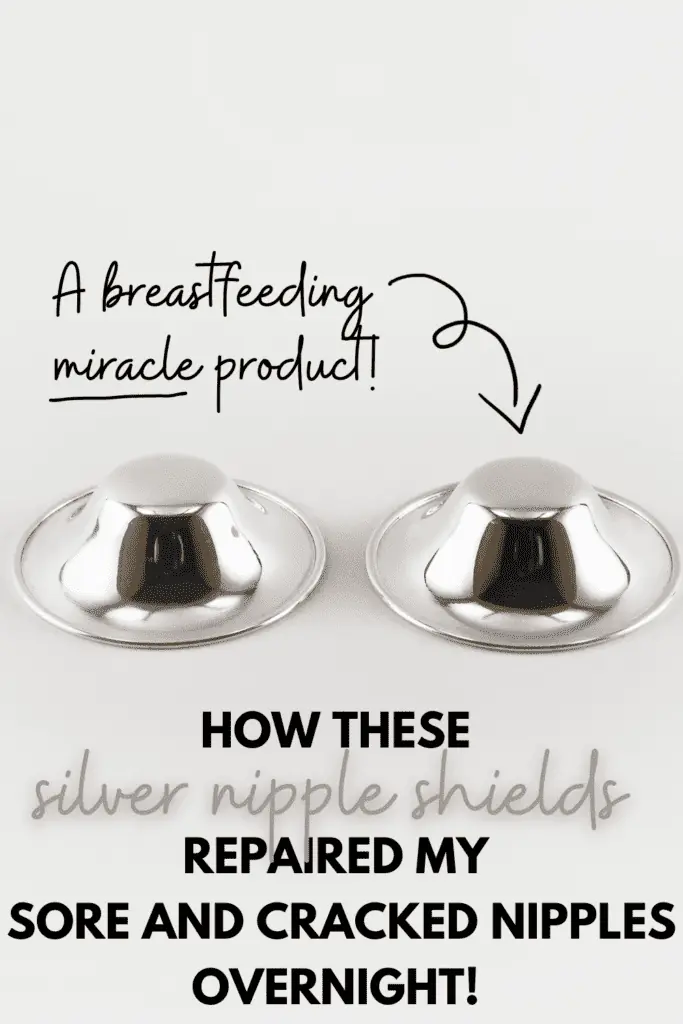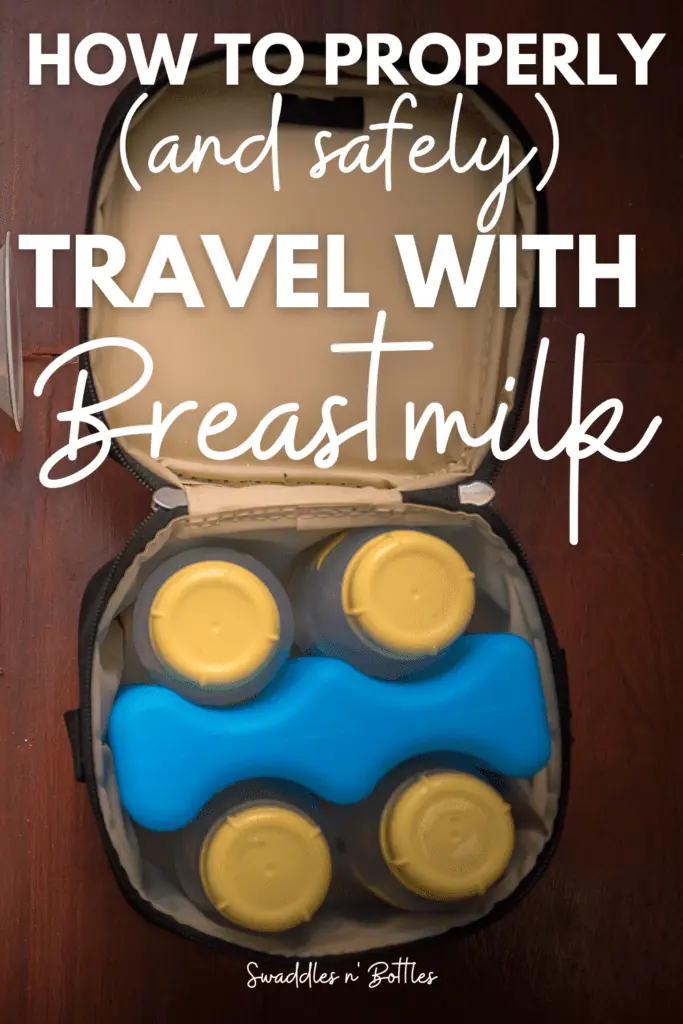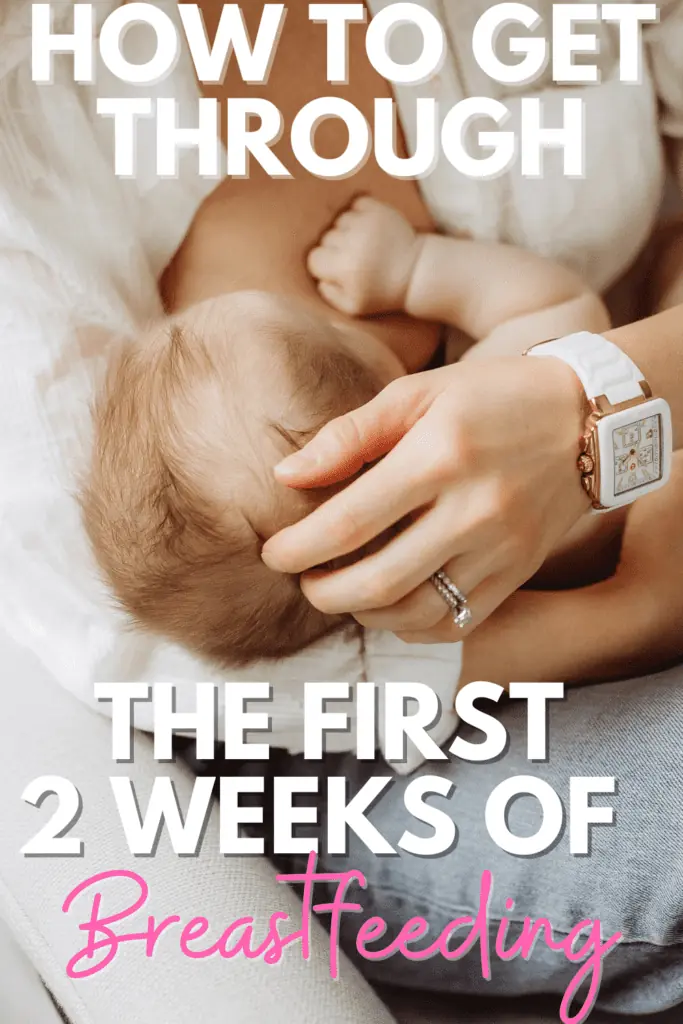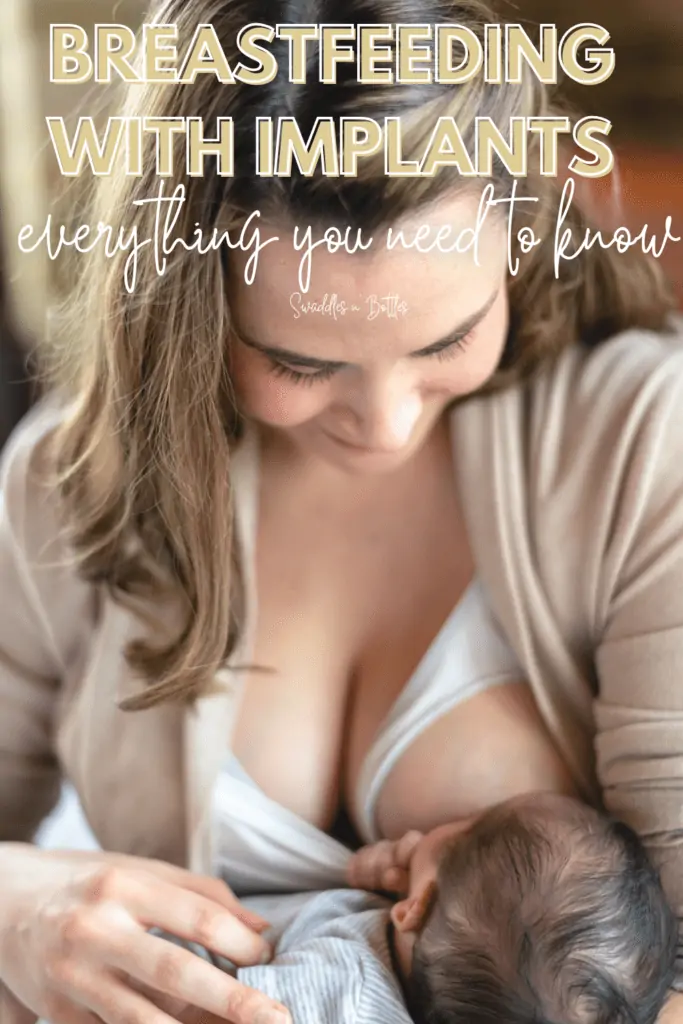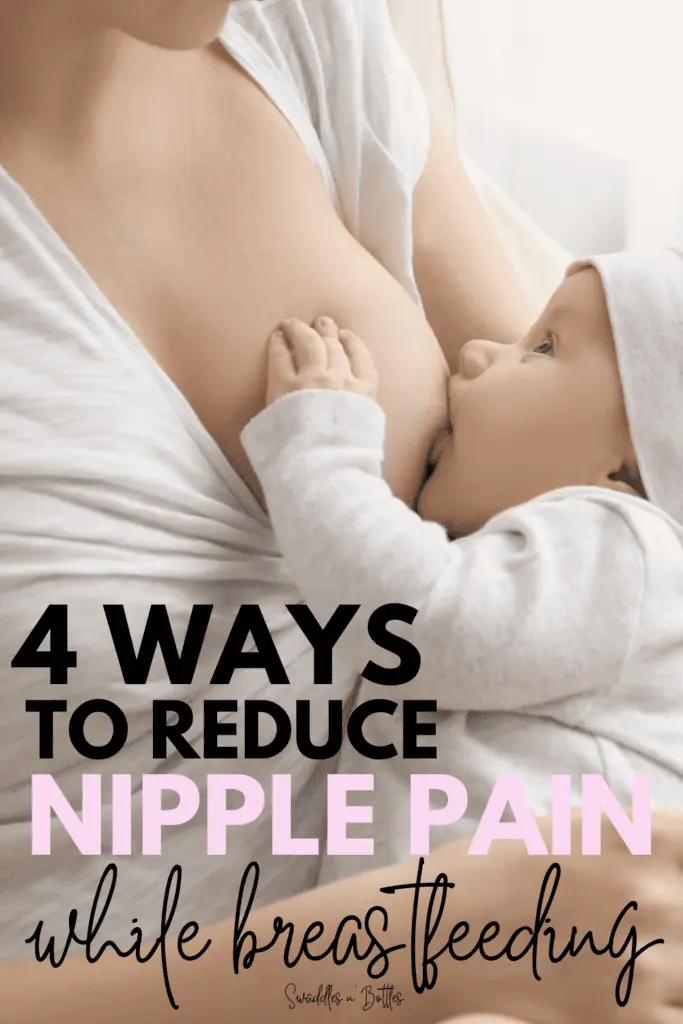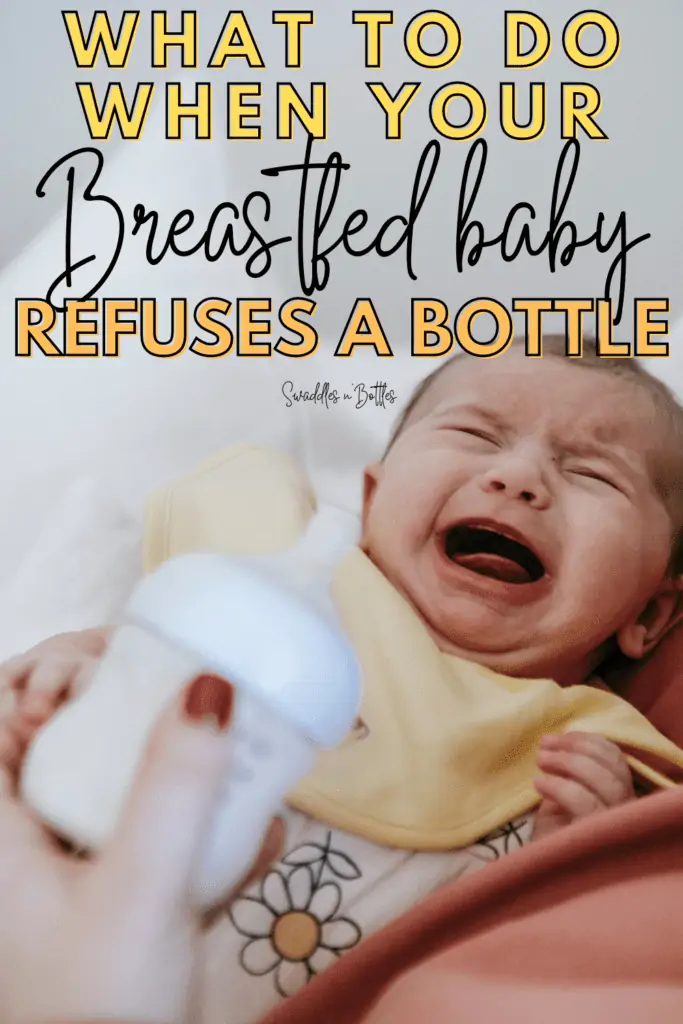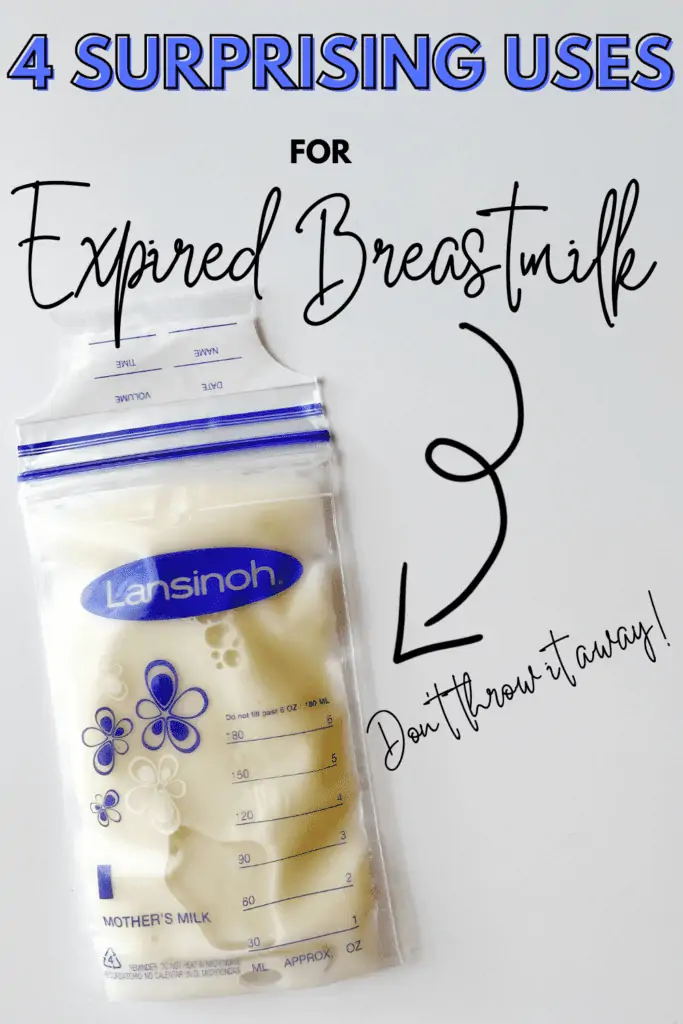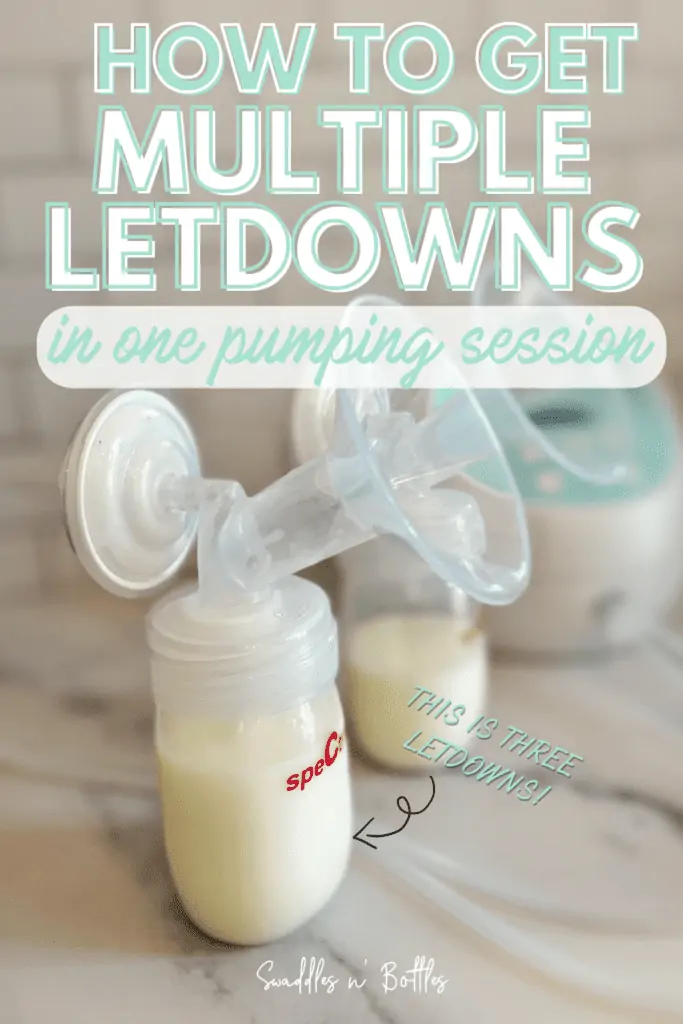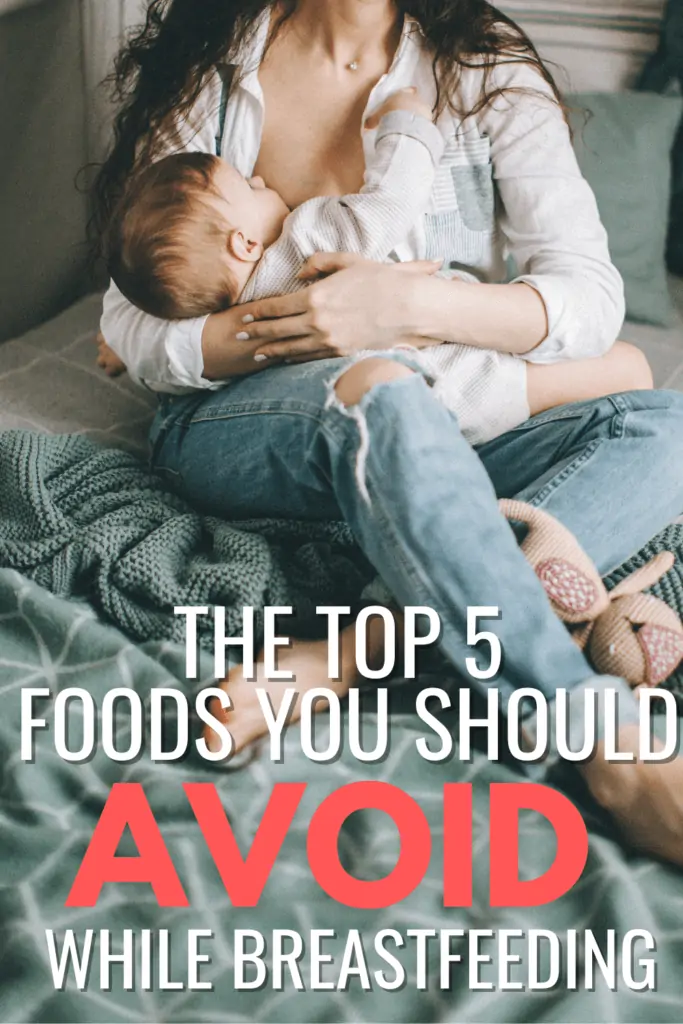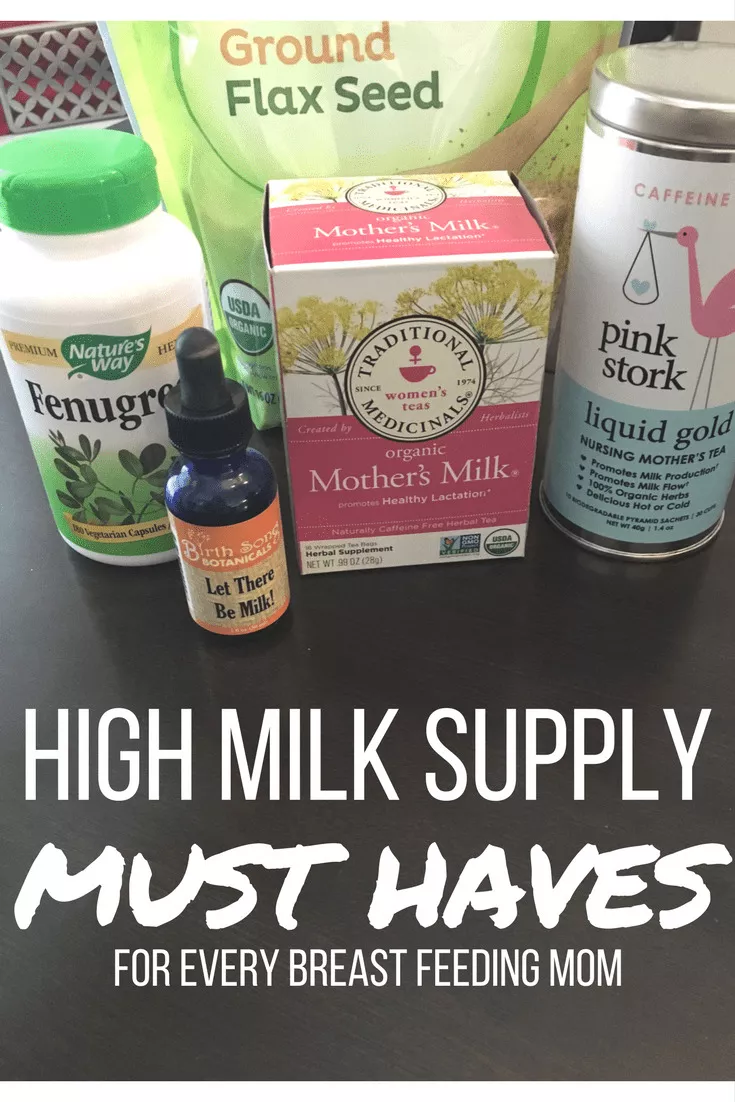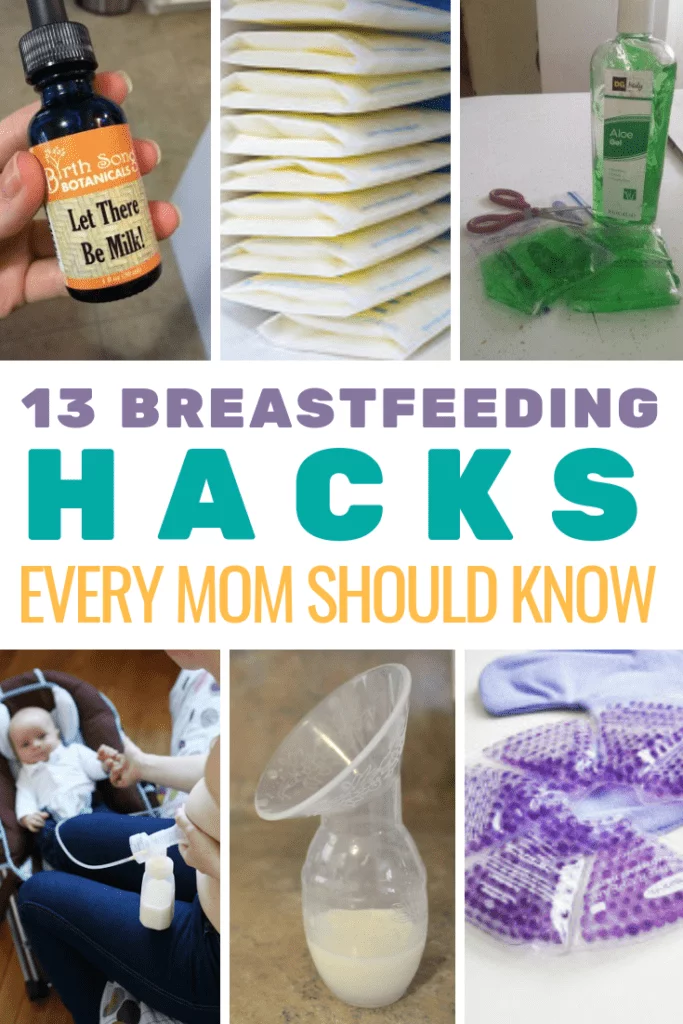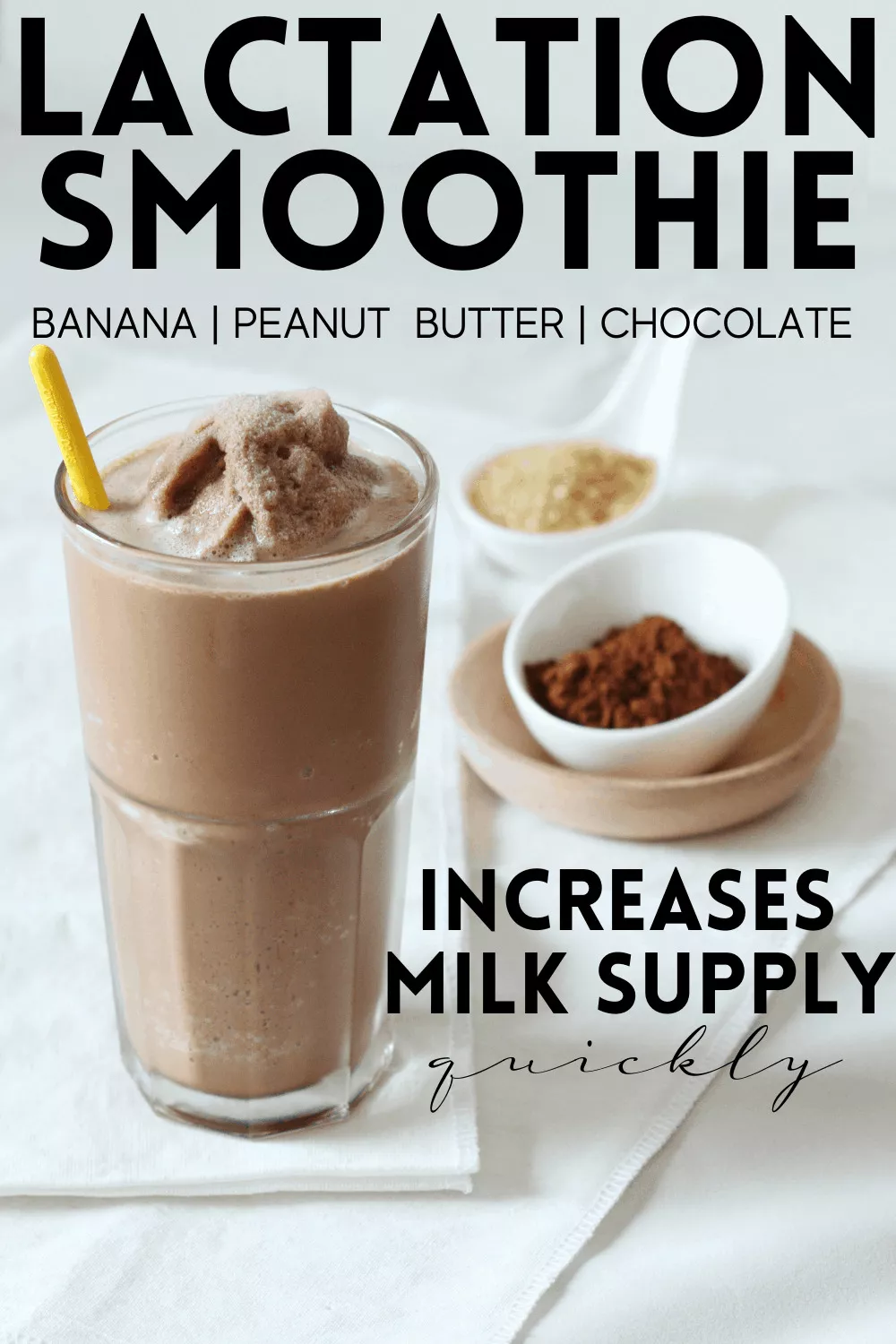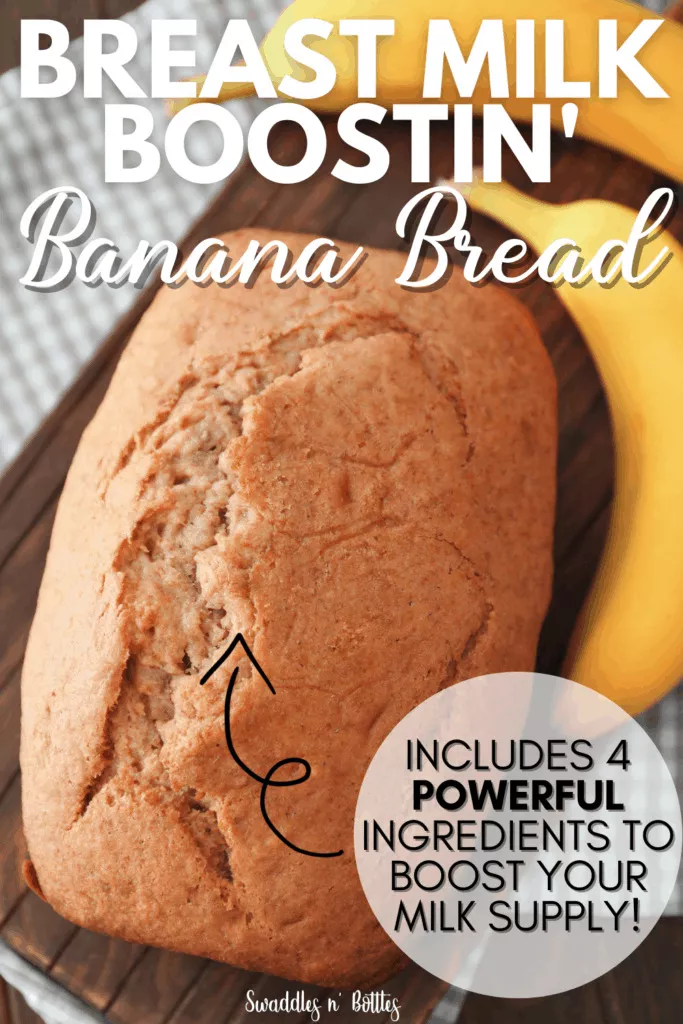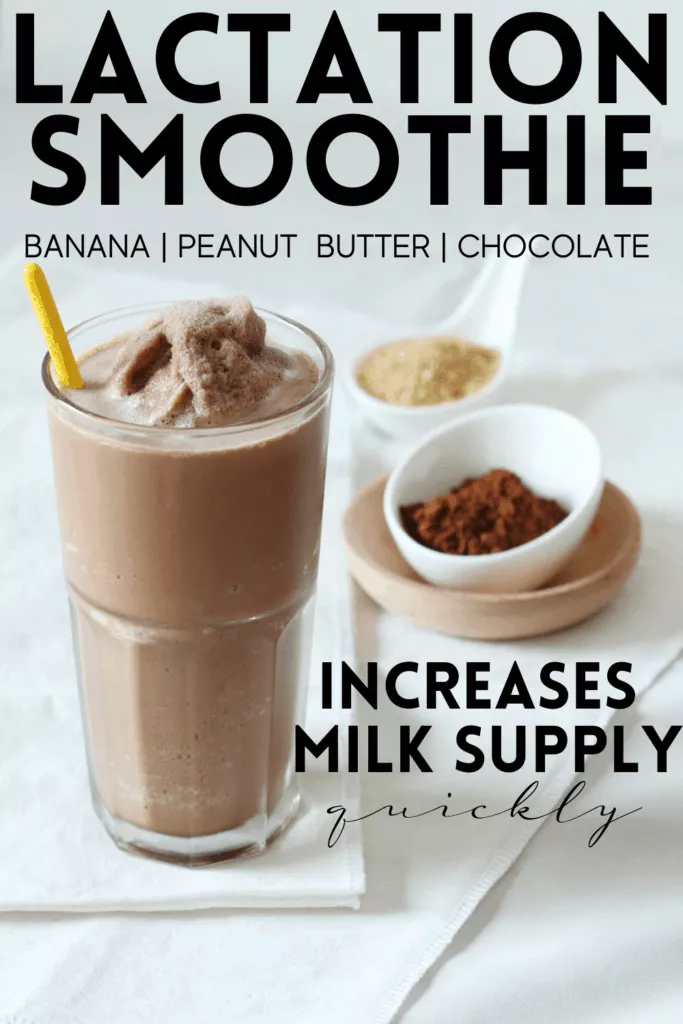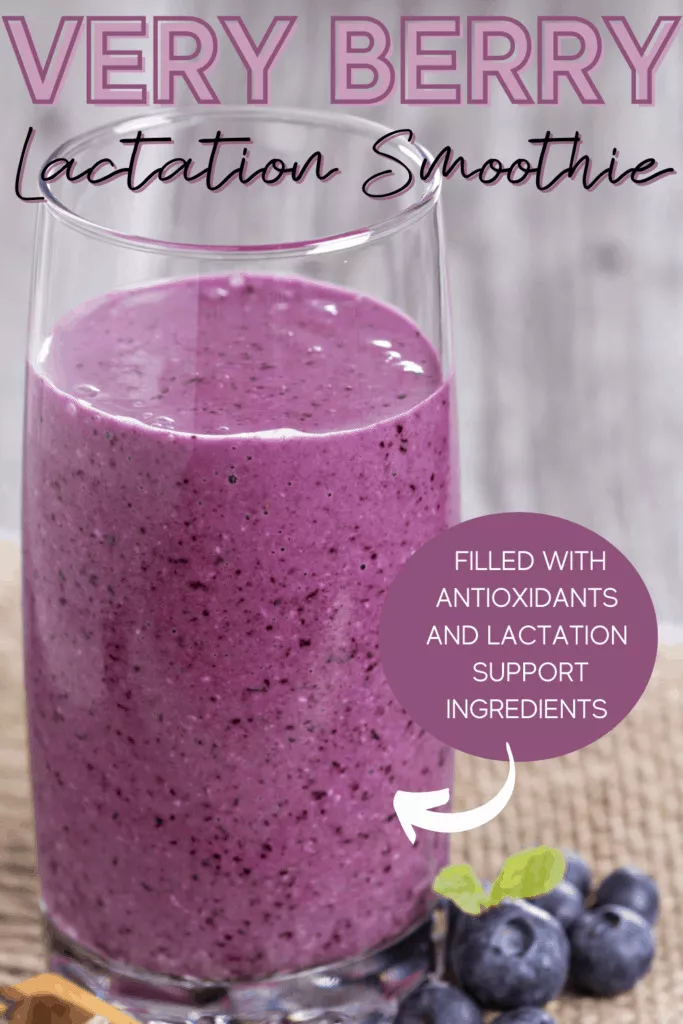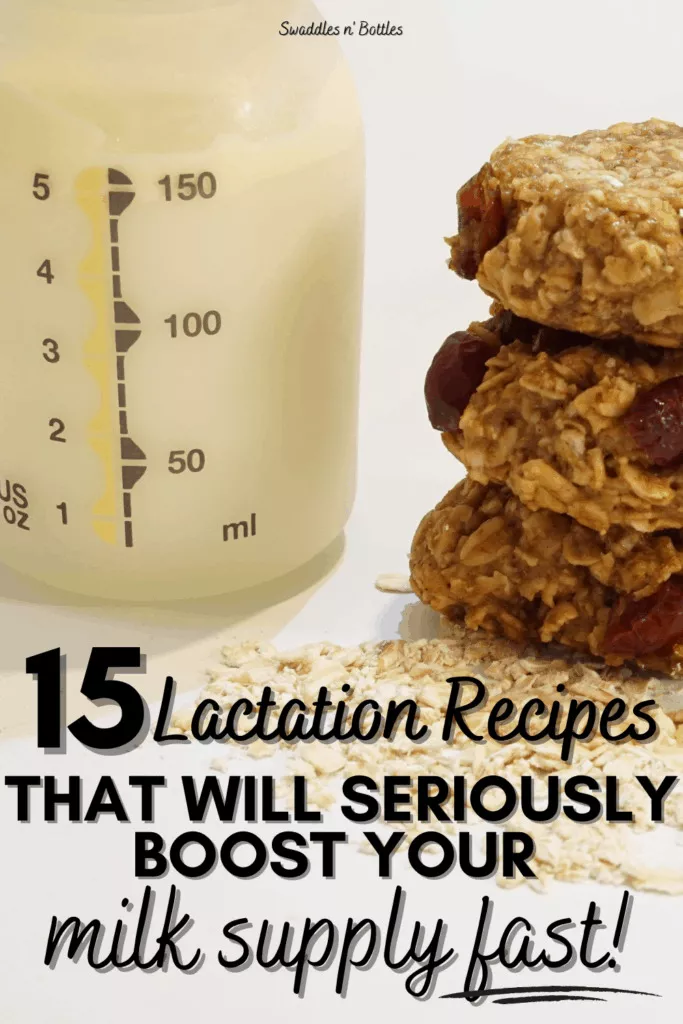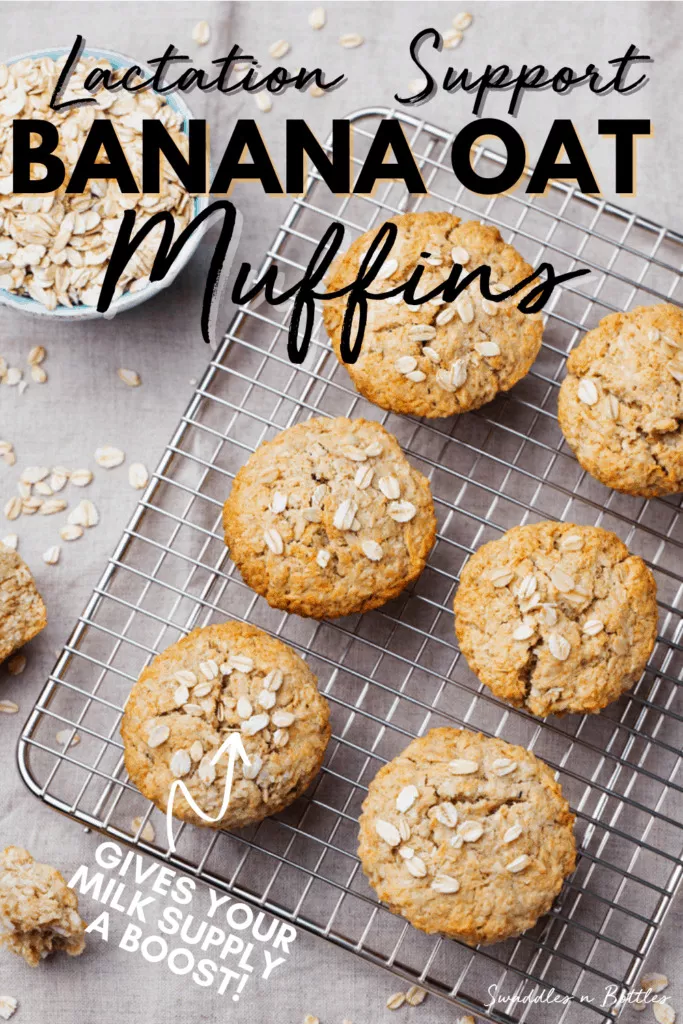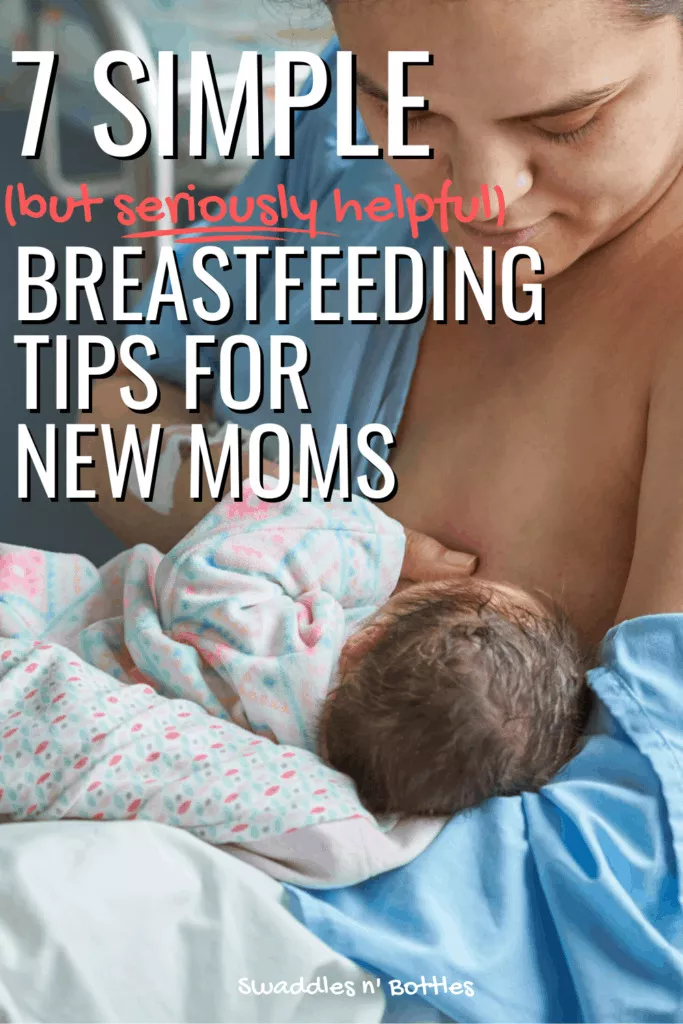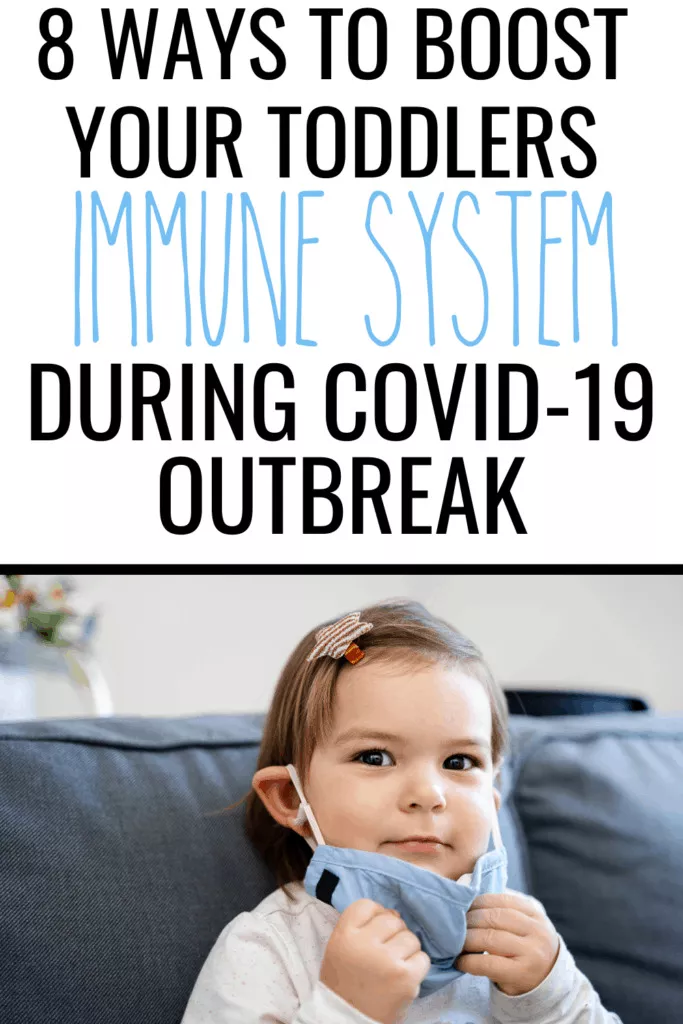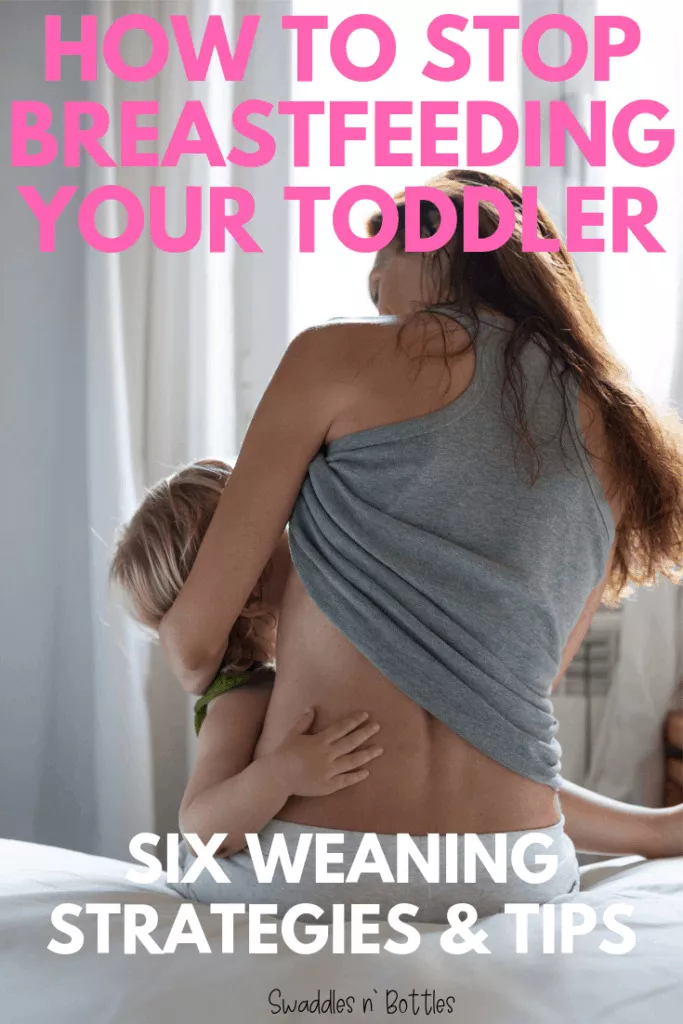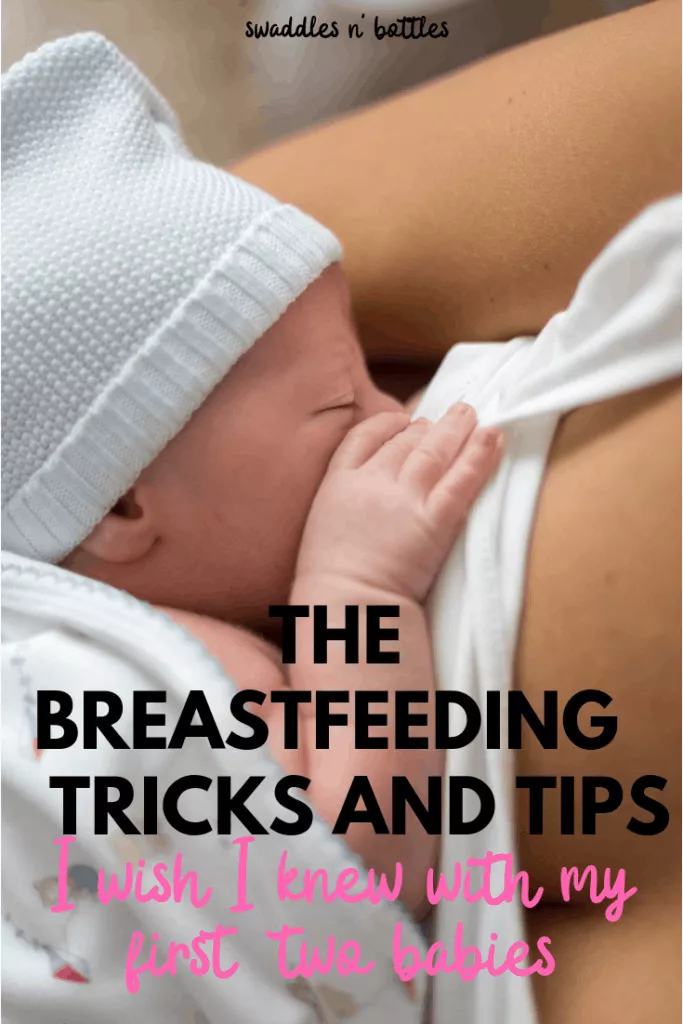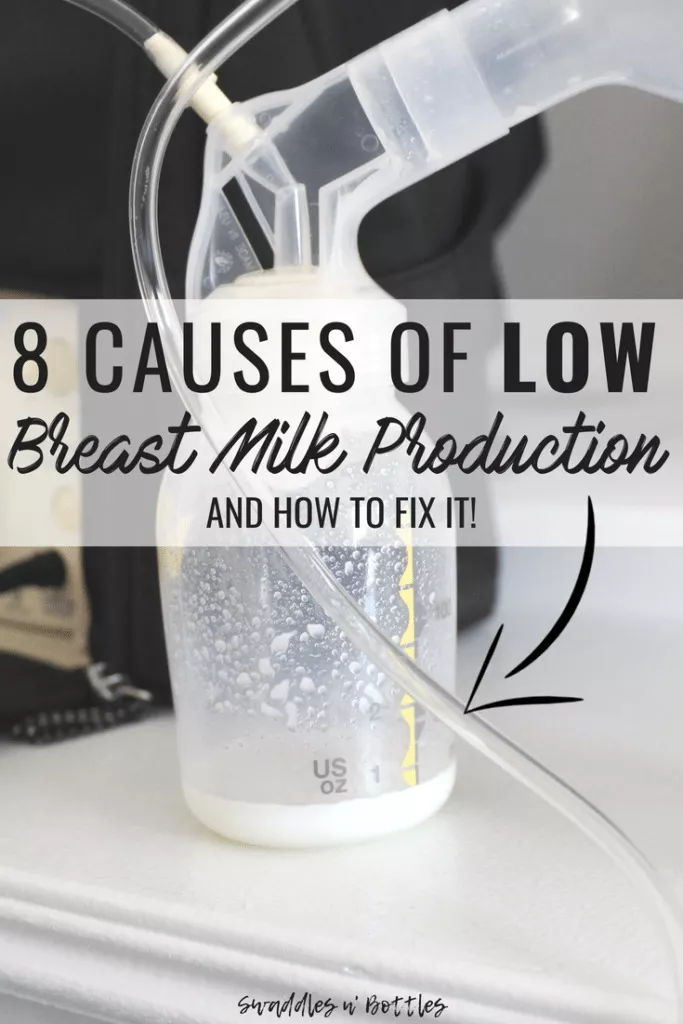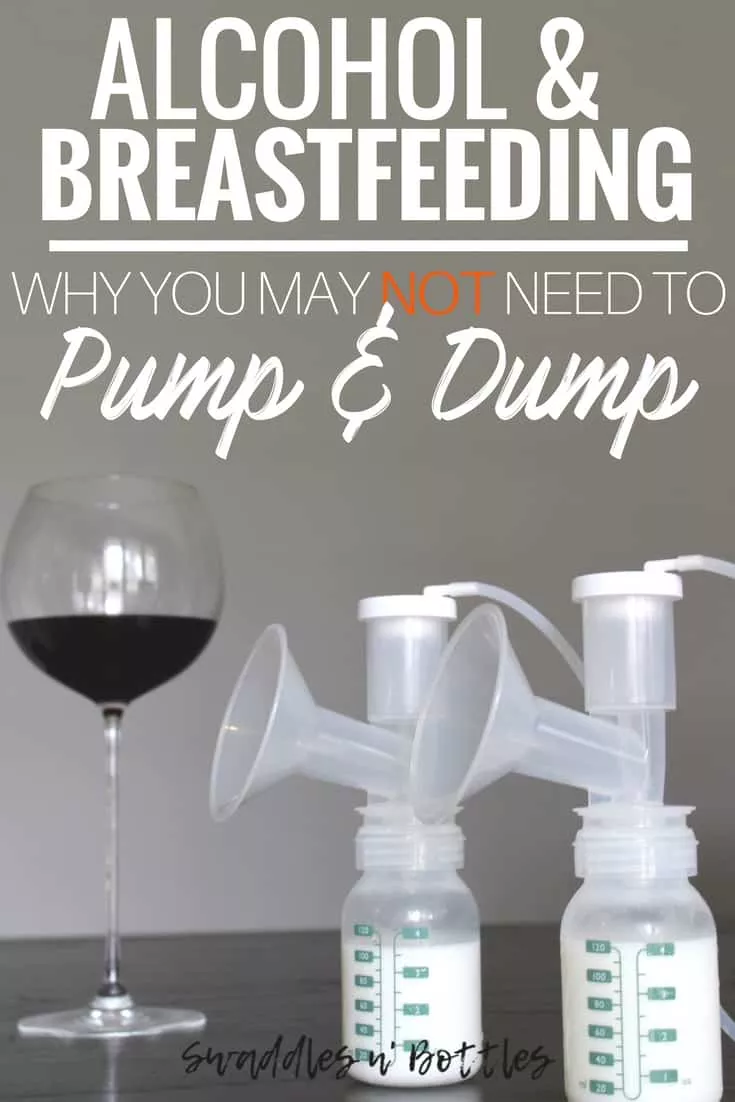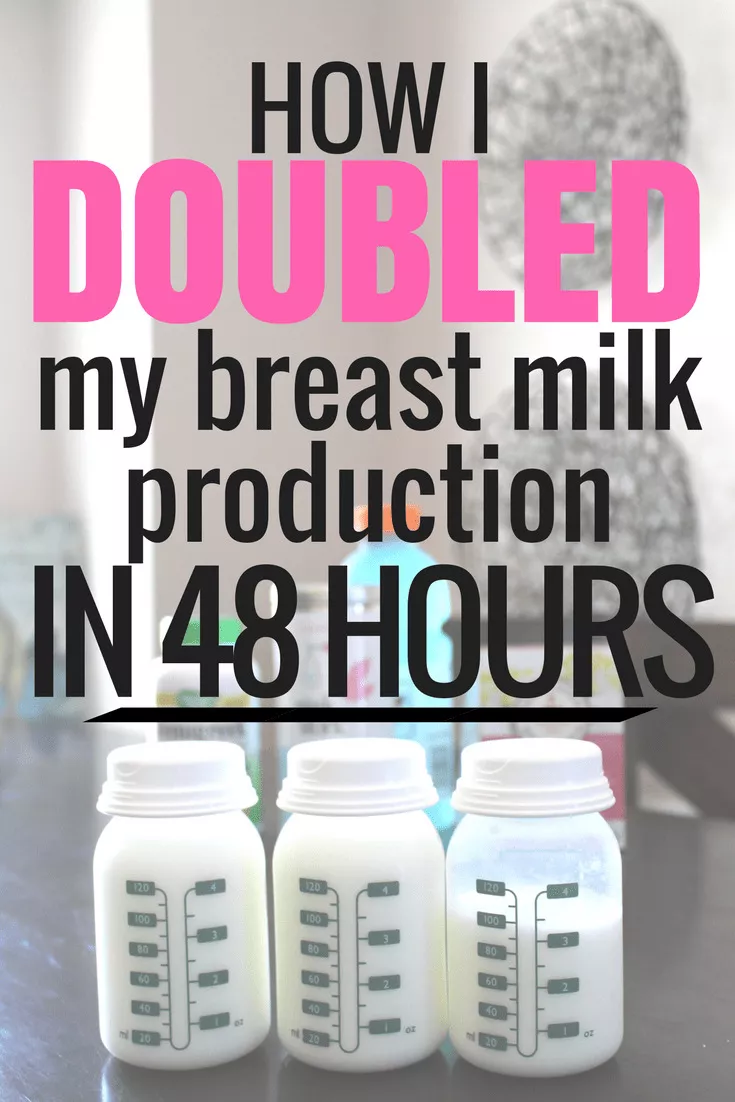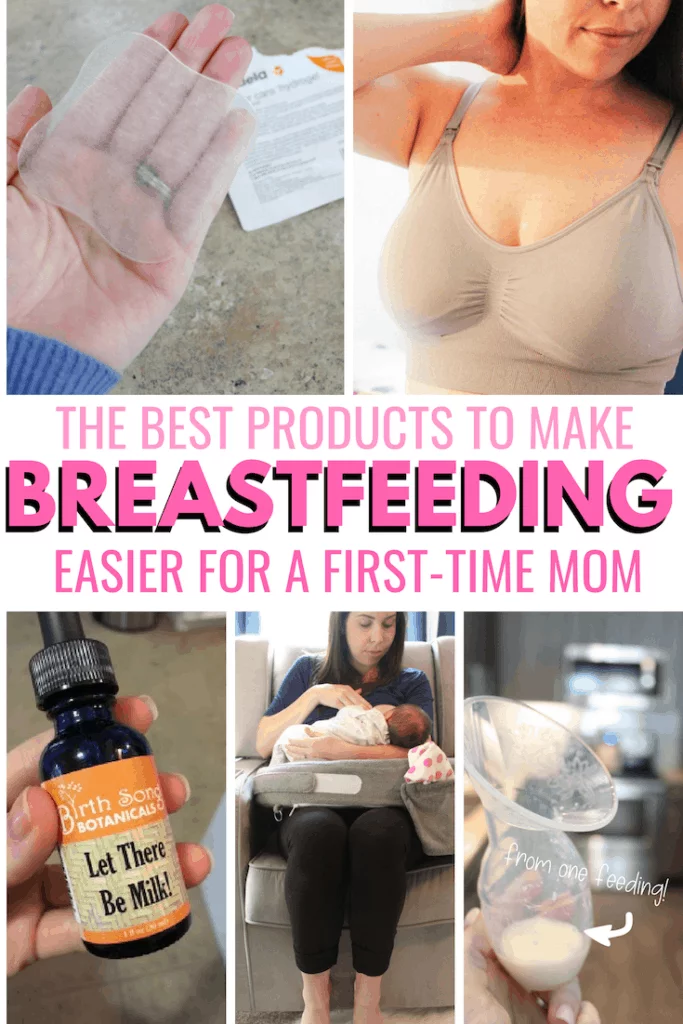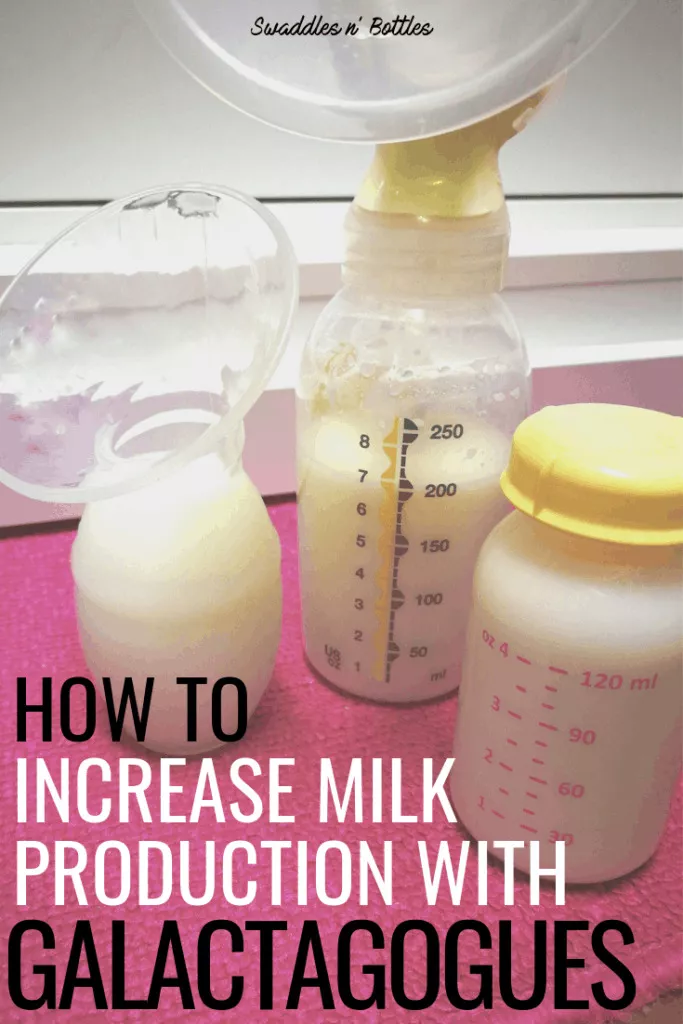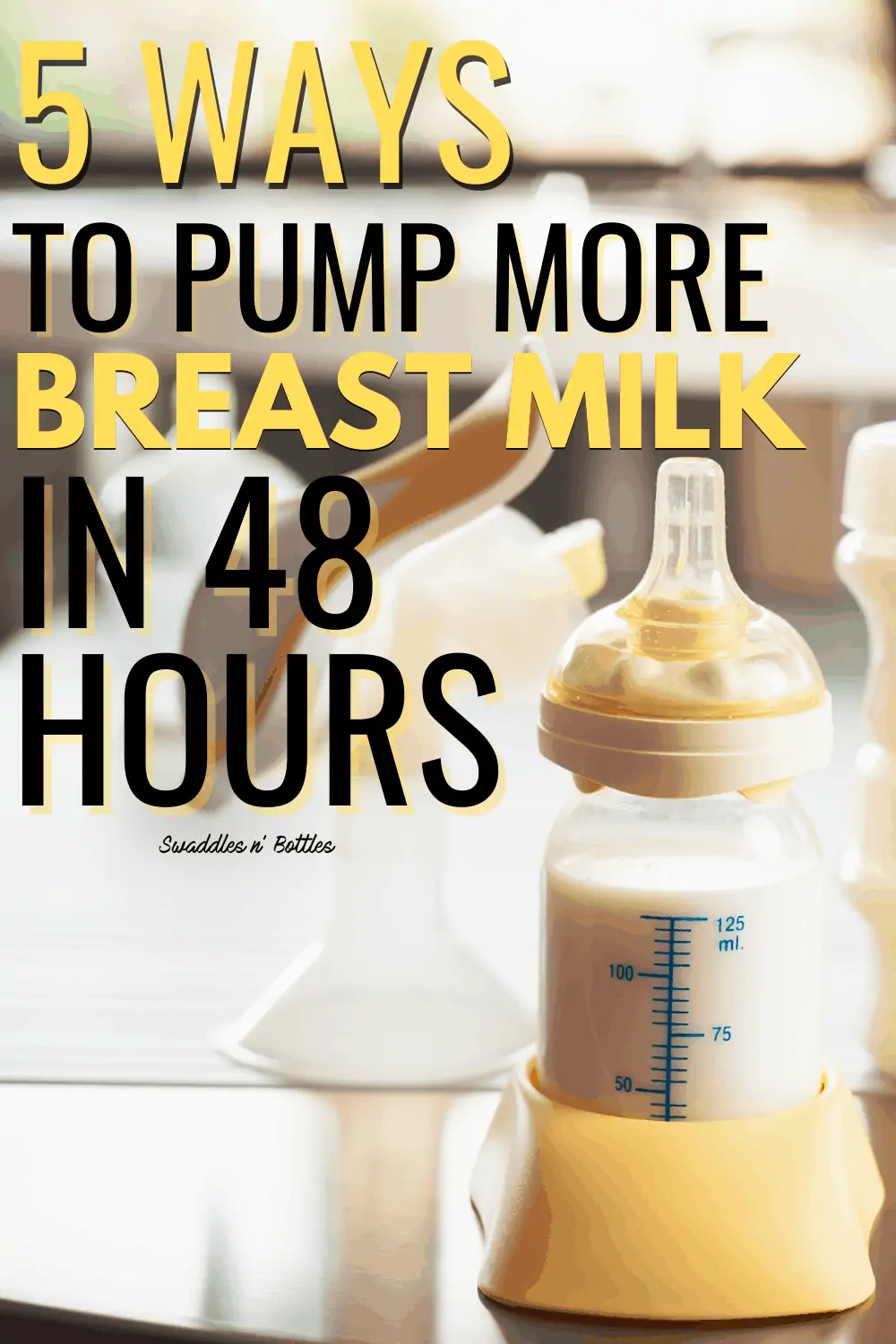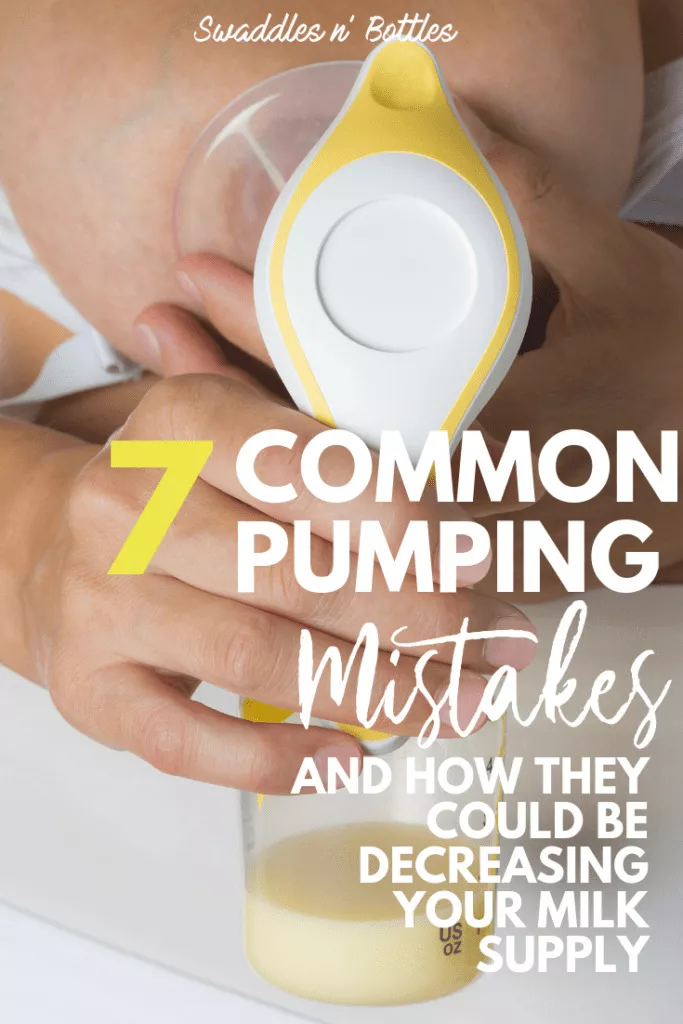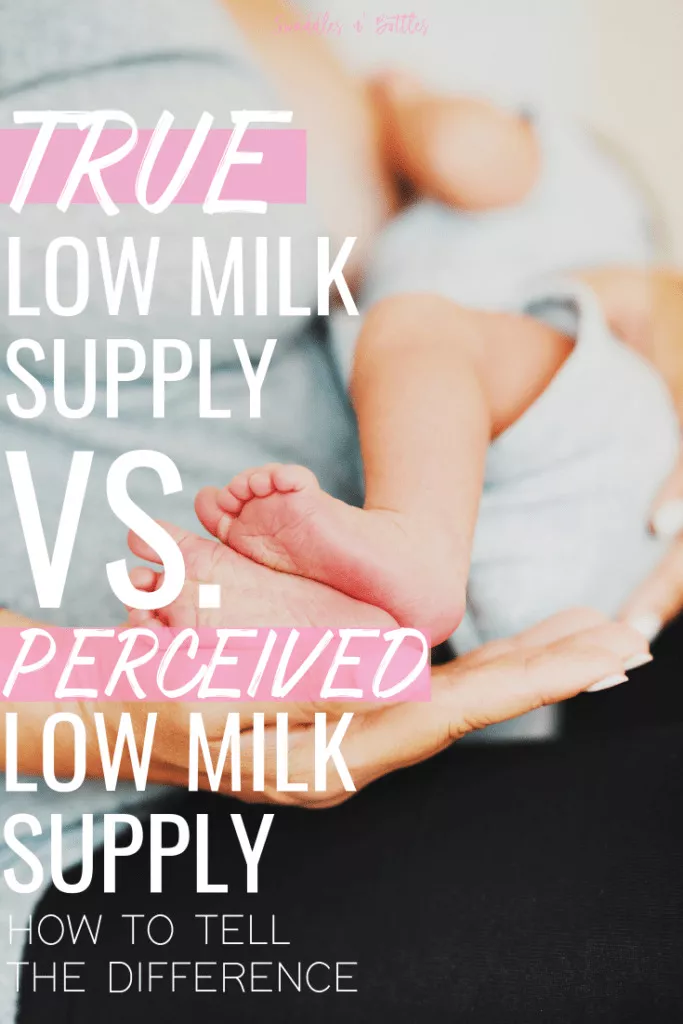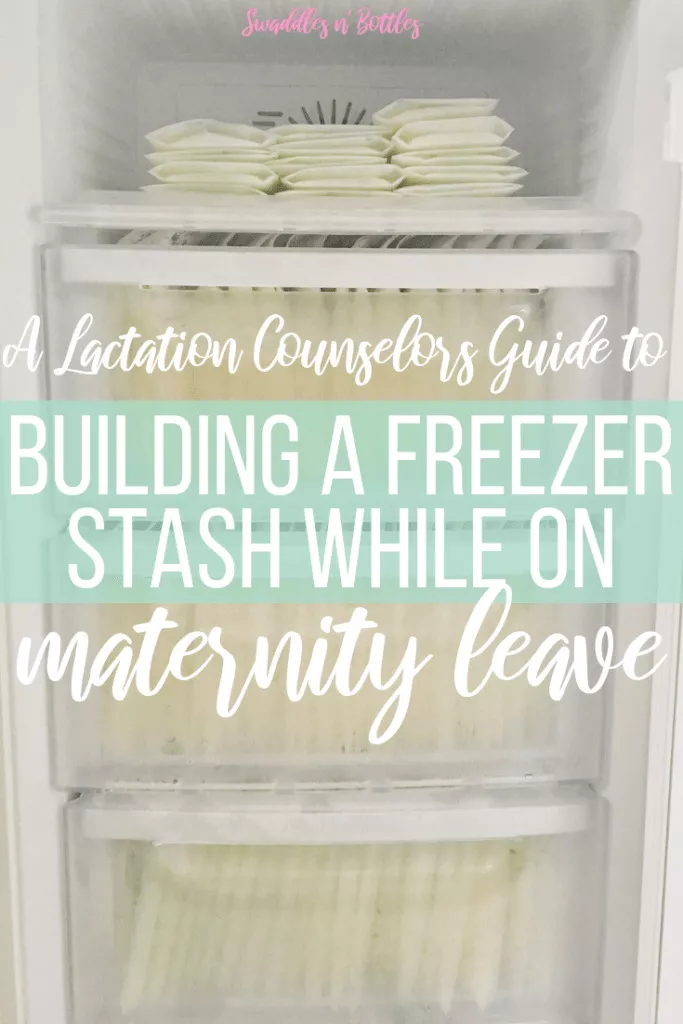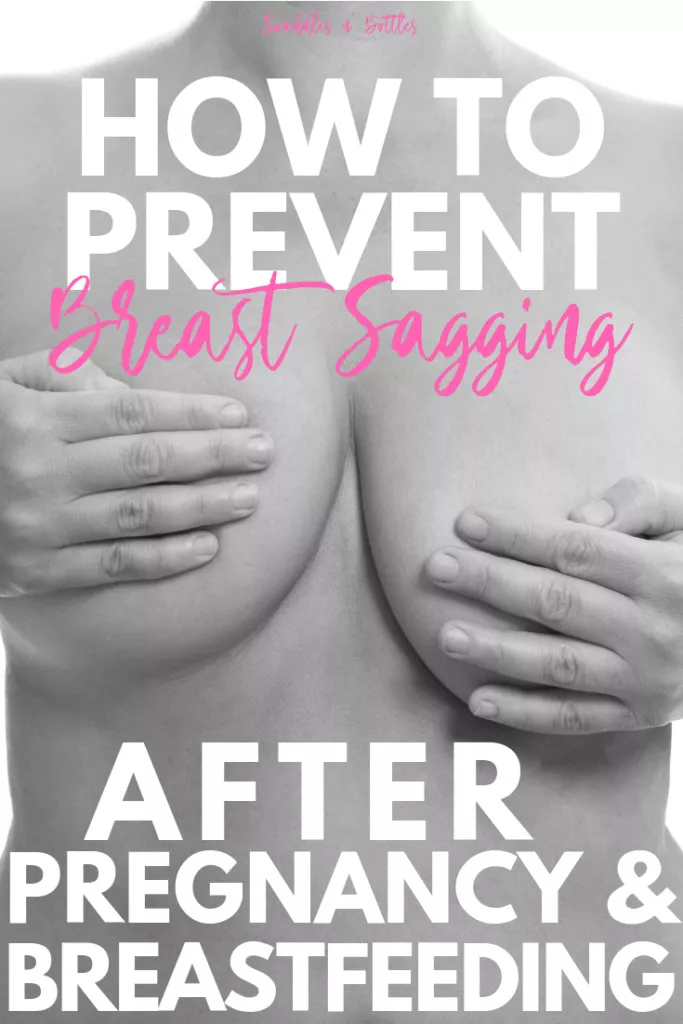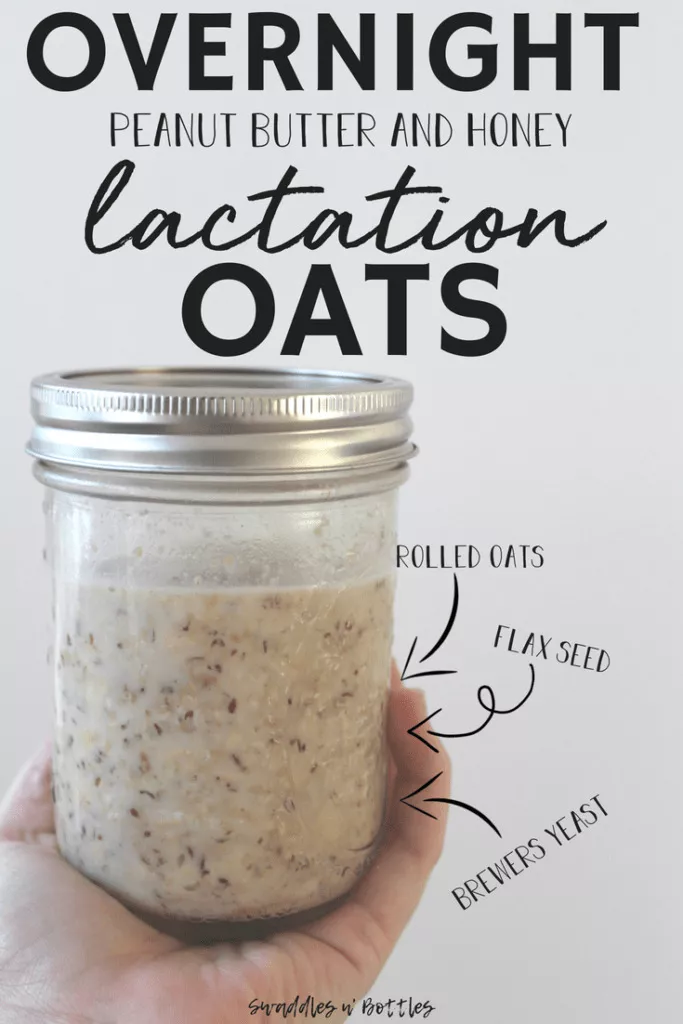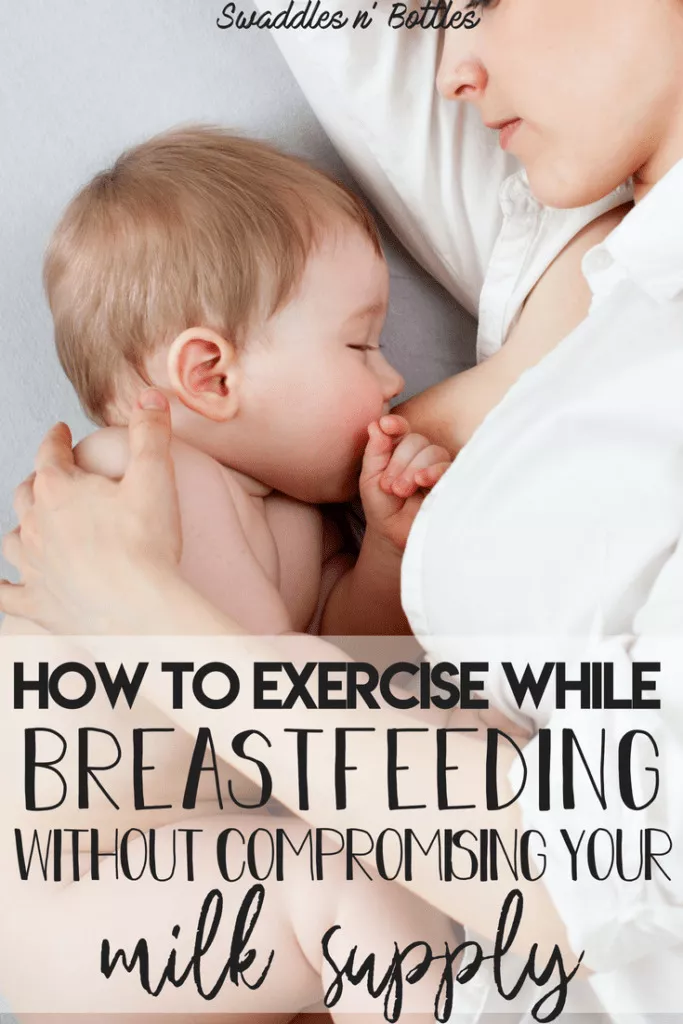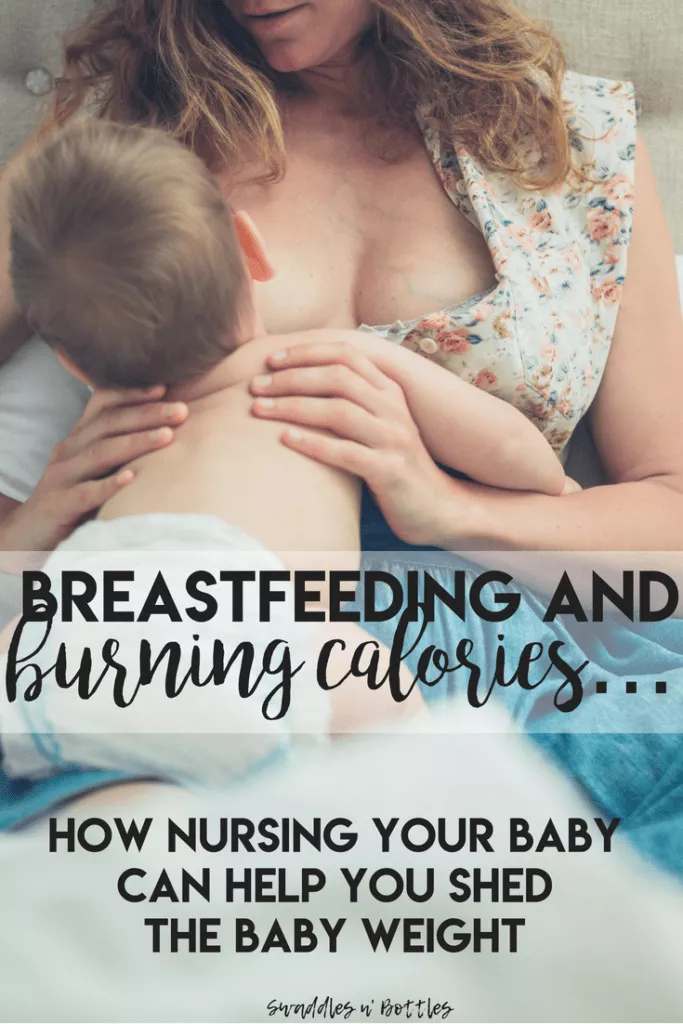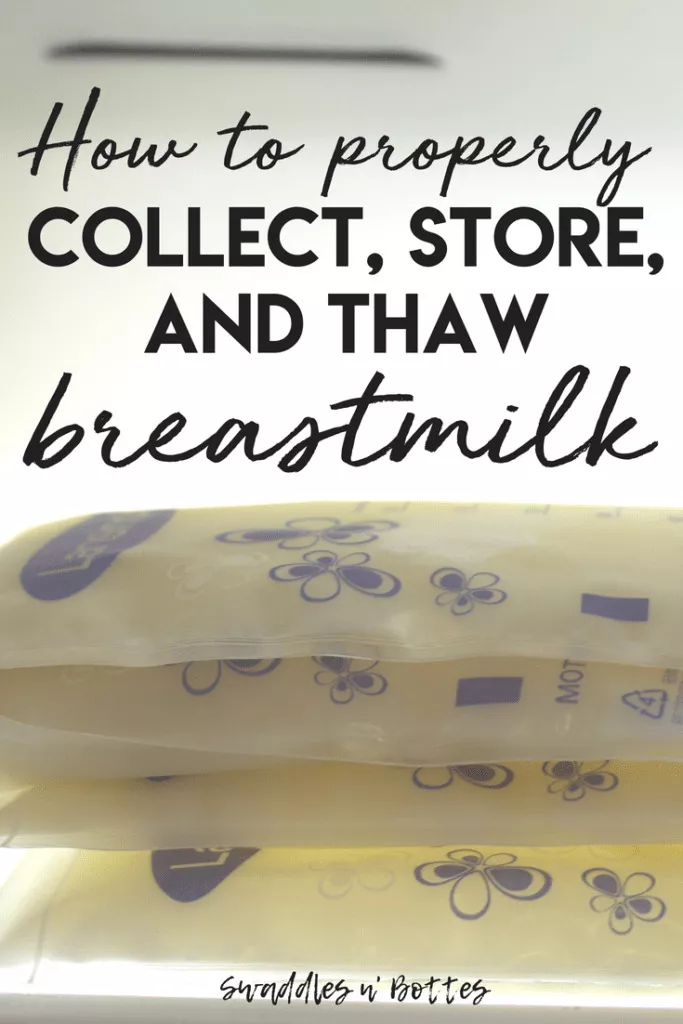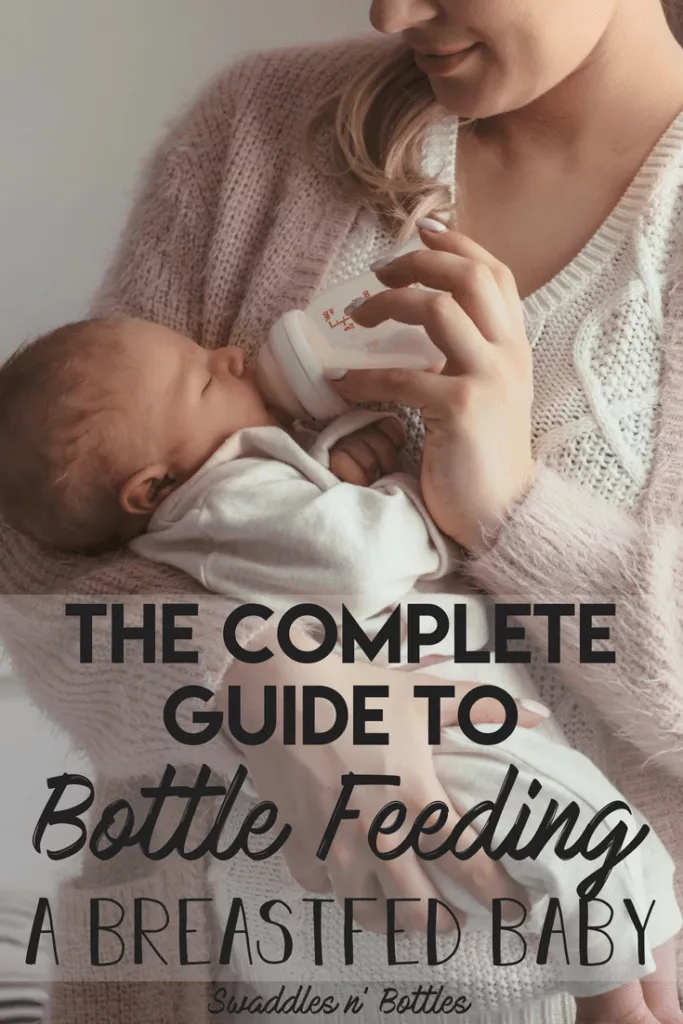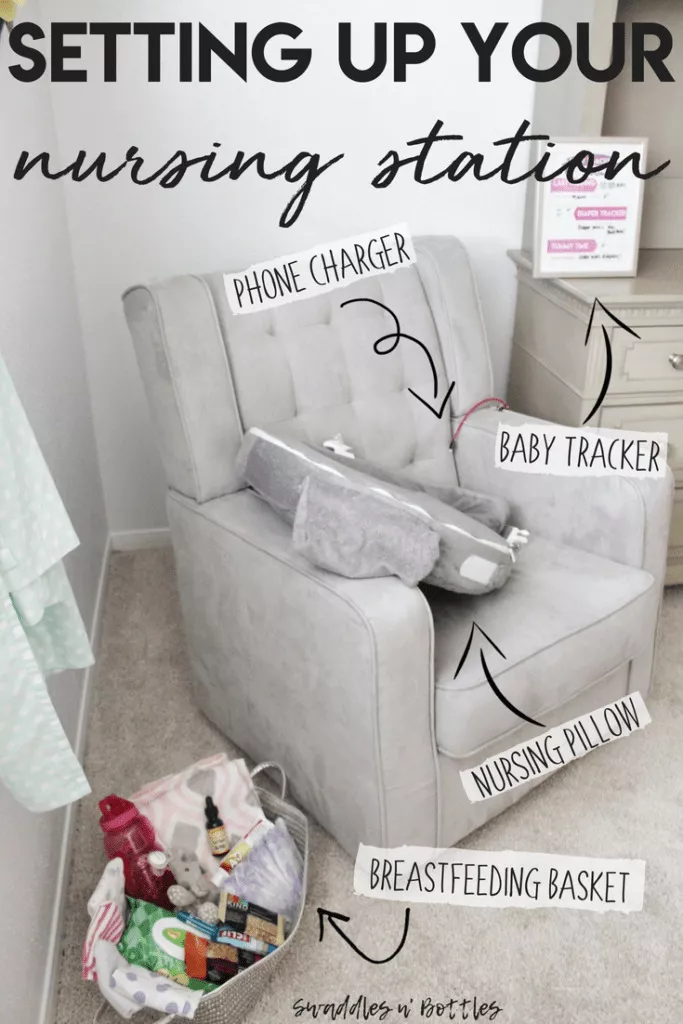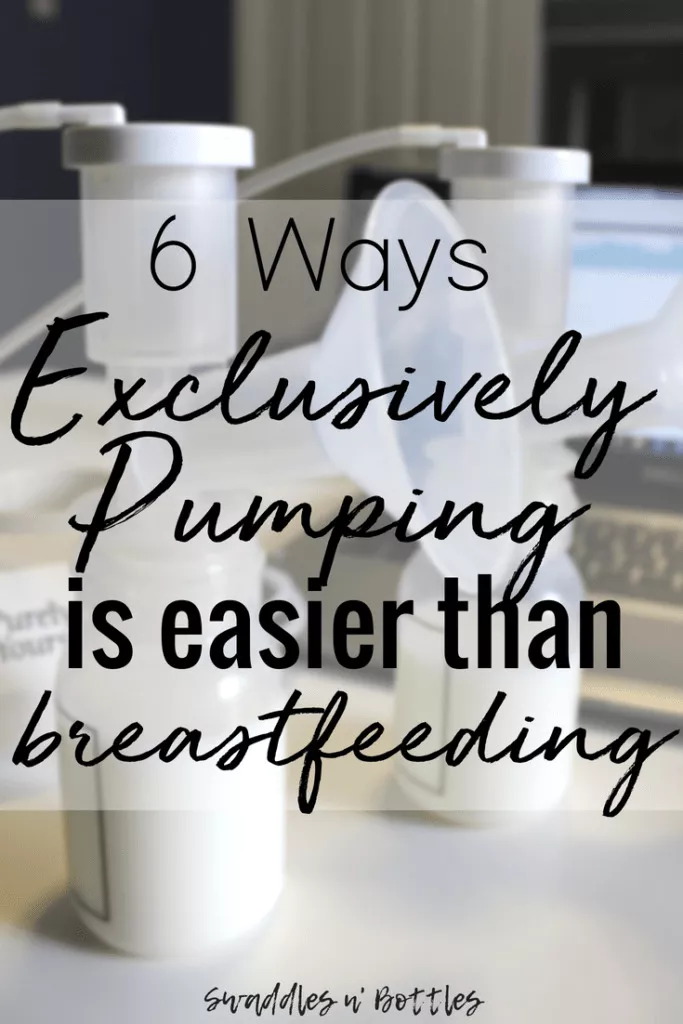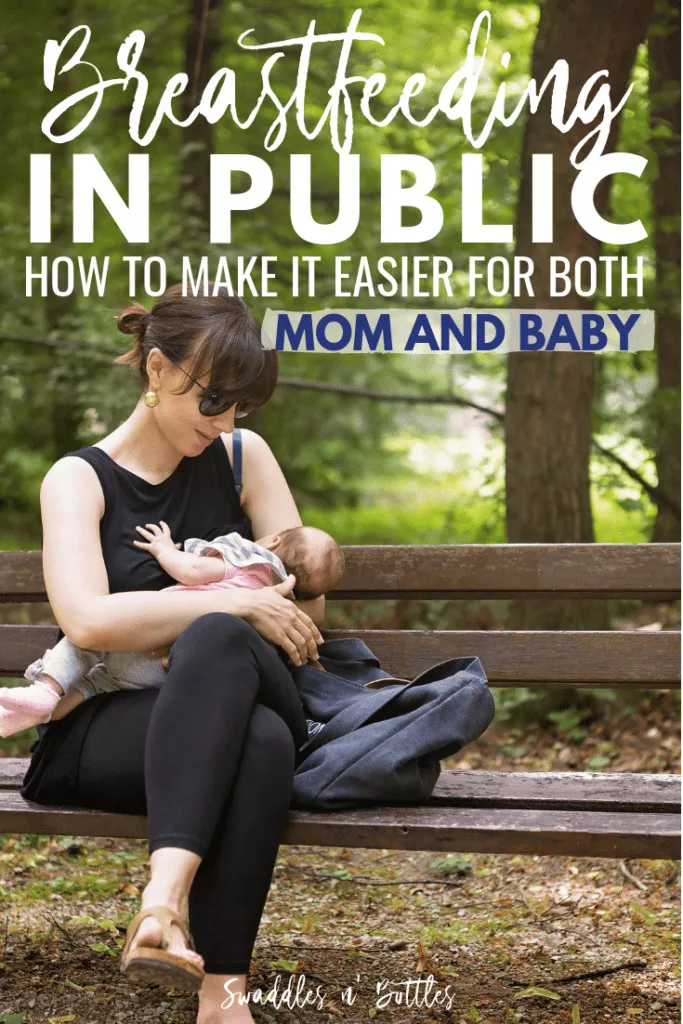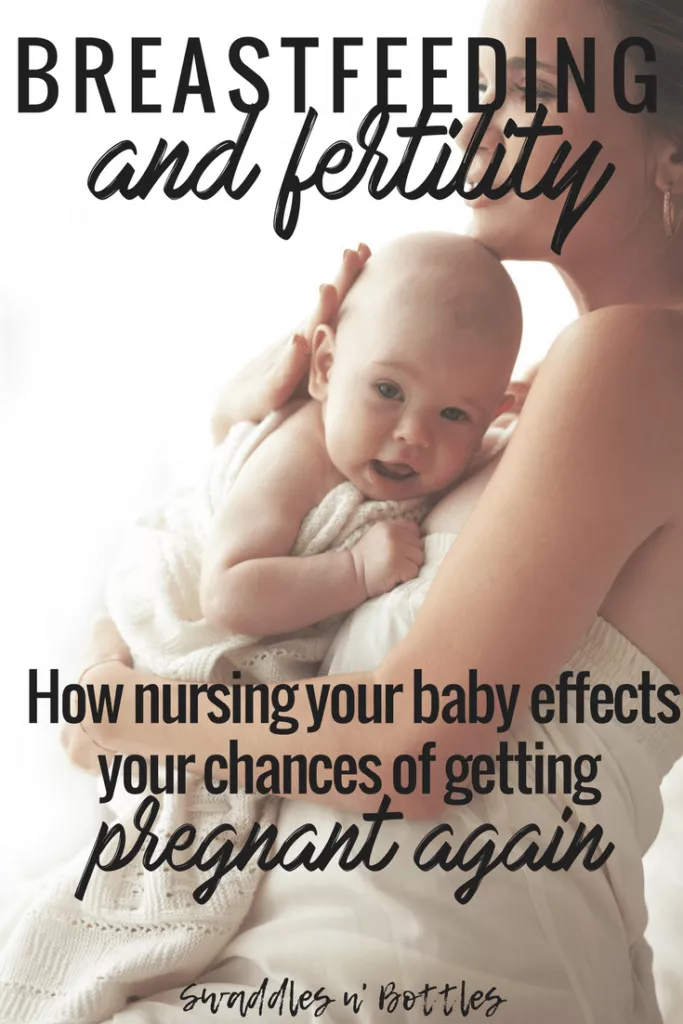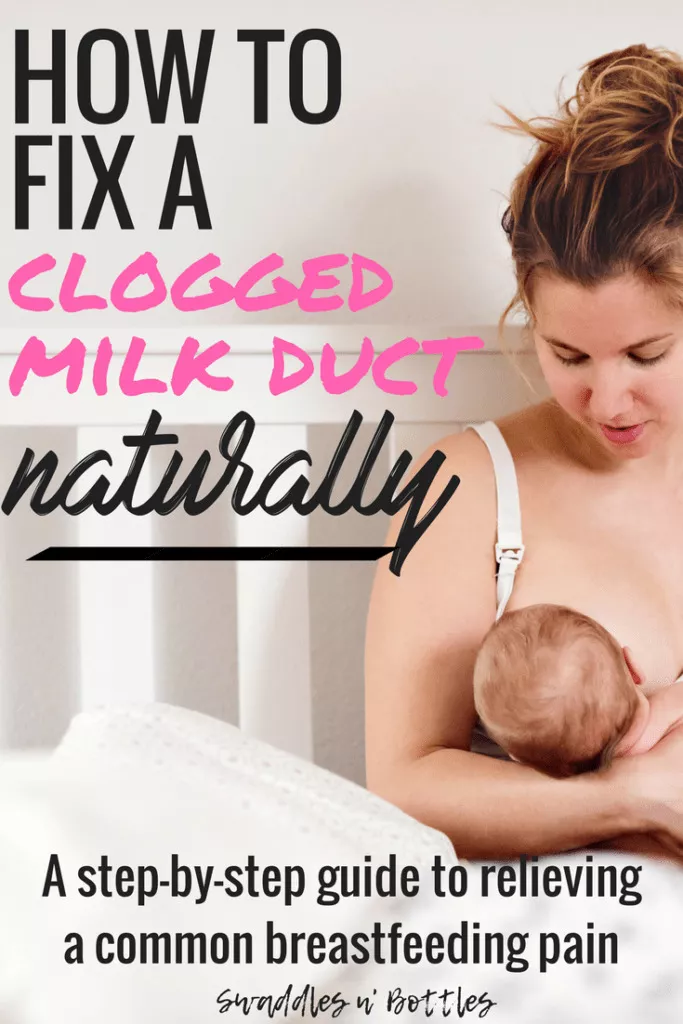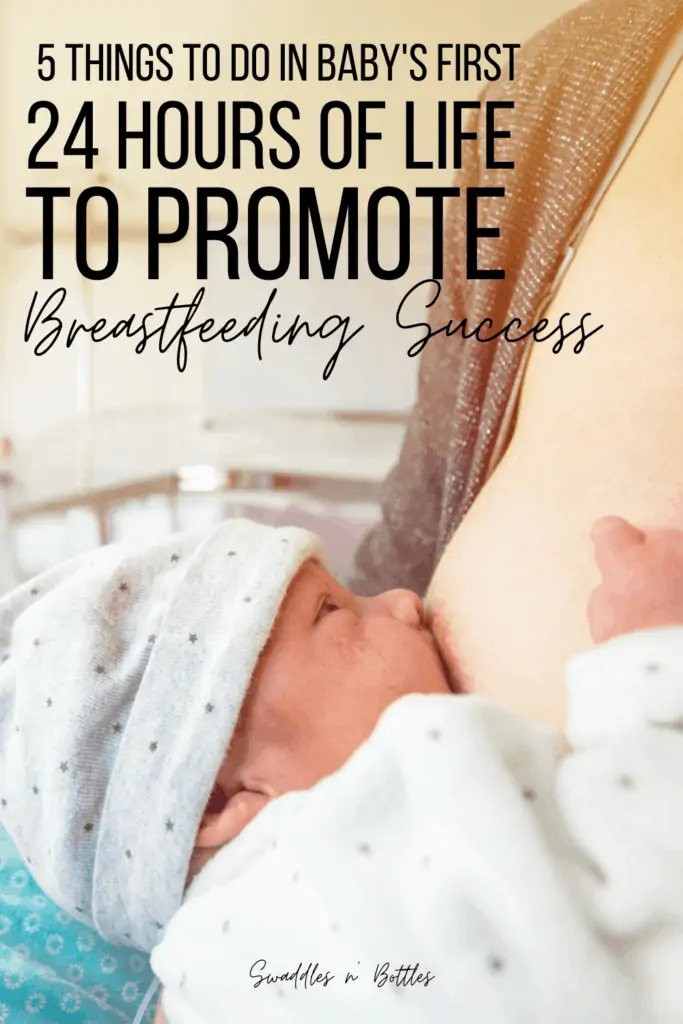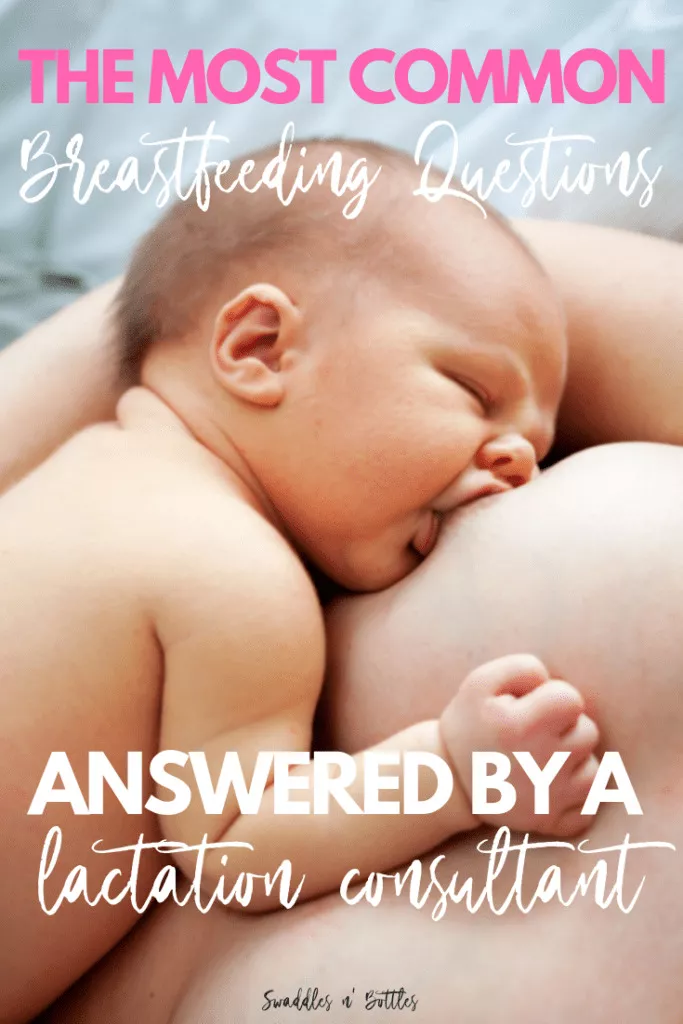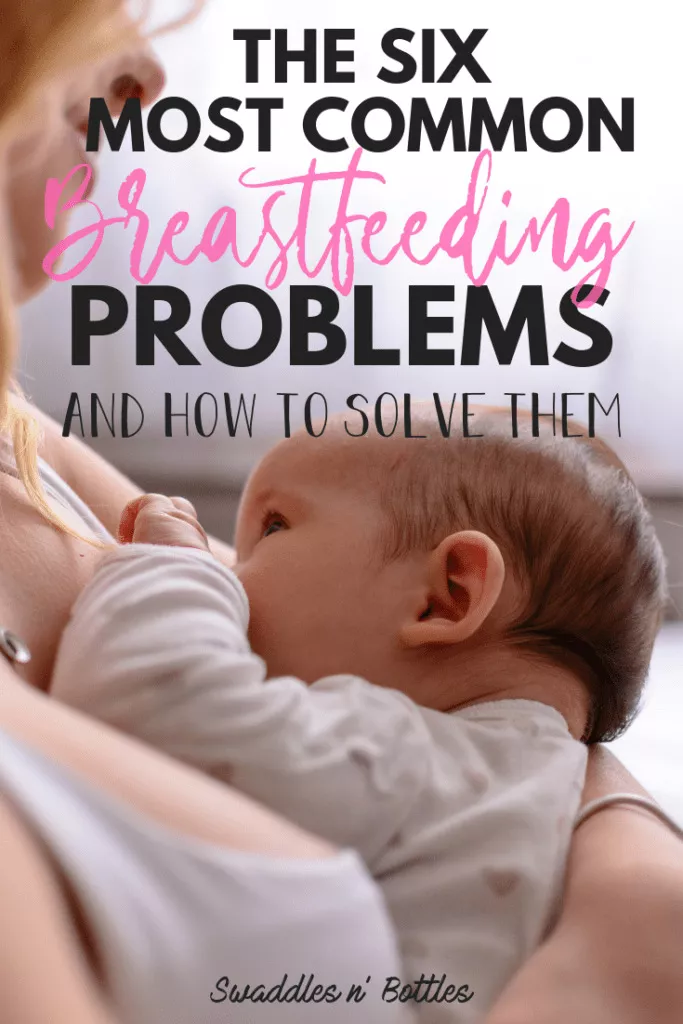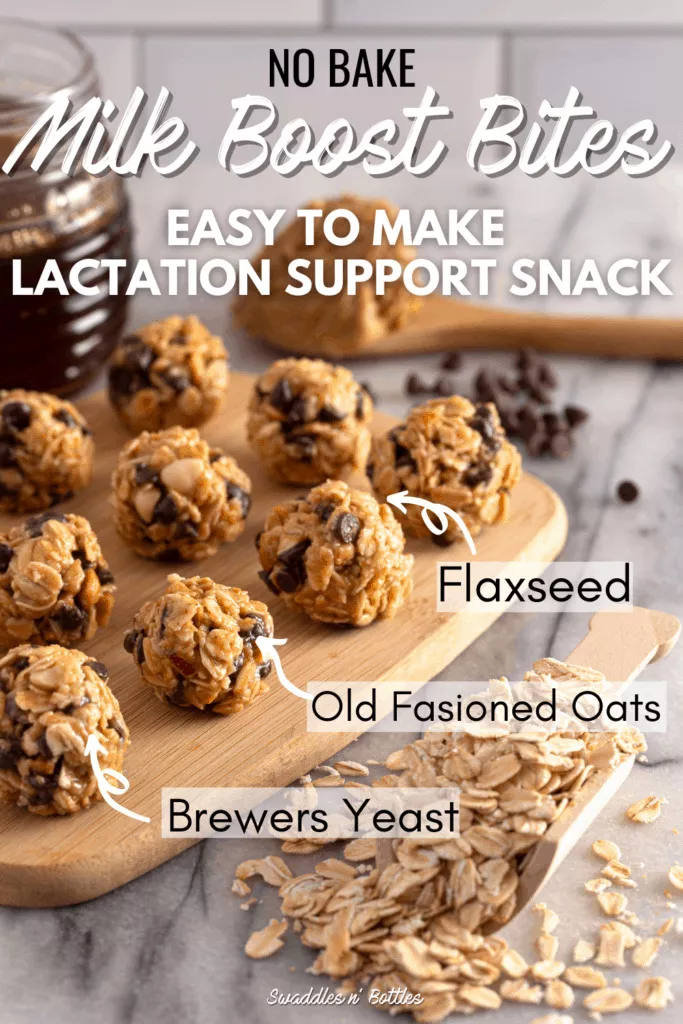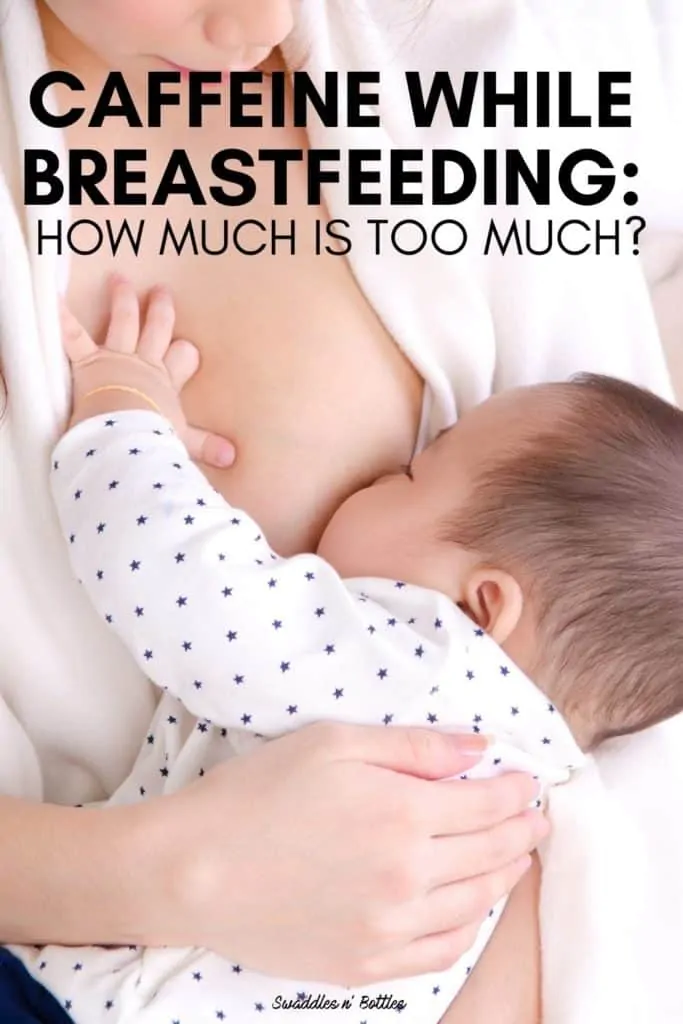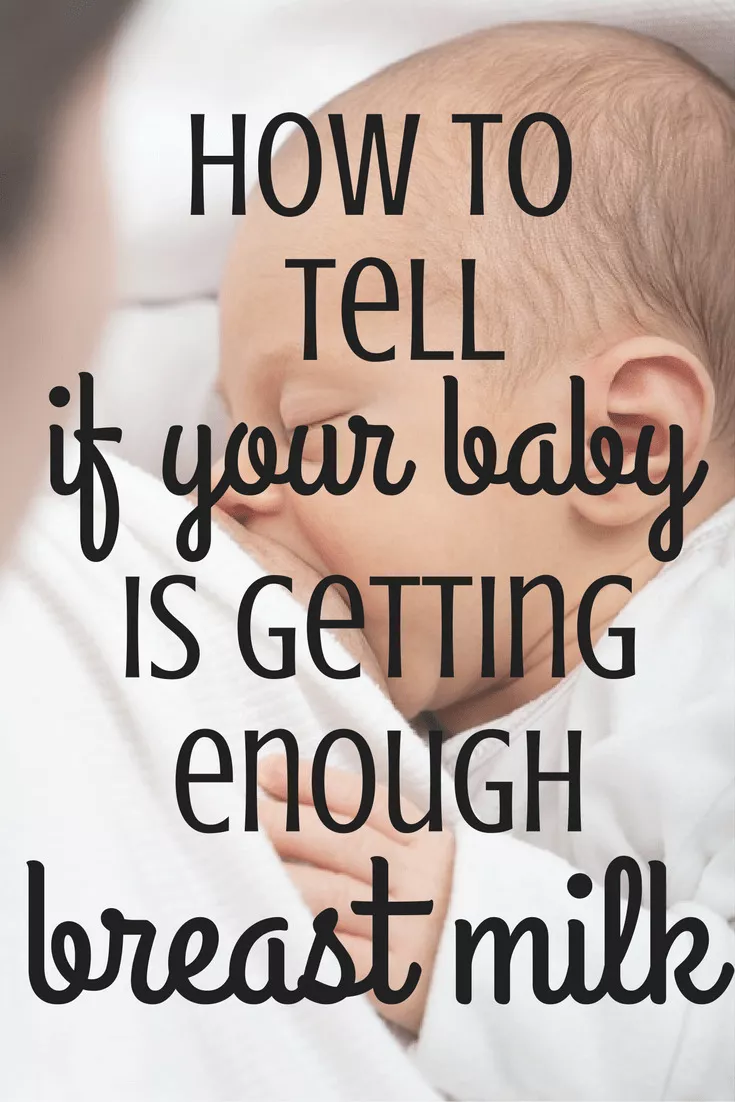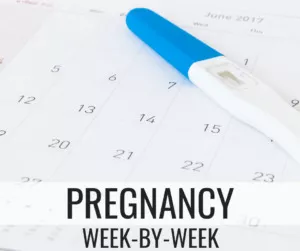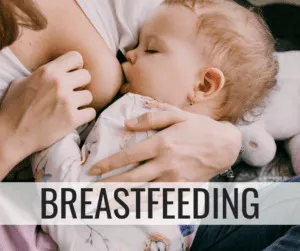Looking for a The ultimate guide to breastfeeding?
If you follow me on Instagram, you know I recently took the Milkology breastfeeding course and was blown away with how much I learned. My favorite section by far was called “Mastering You Milk Supply”. I would highly recommend this course to any breastfeeding mama! Here’s the link to sign up (only $19!)
Why Colic When Breastfeeding is Not Your Fault and What to Do About It
Article provided by Sheri from Breastfeeding-Magazine.com which provides online tips, support and encouragement for new breastfeeding moms and moms-to-be.
If you experience colic when breastfeeding, it can be heart-breaking! The ear-piercing cries seem to carry on for hours. You see the look of pain and distress overtaking your precious baby’s face and the watery eyes that seem to beg you for help. The problem with colic is that you don’t know how to help. As a mom, that can be the worst feeling.
You can change your little one’s diaper, strip off all clothing, give him or her a soothing bath, and pace the floor while making soothing sounds for hours. But none of those things are the cause of your baby’s distress, so they simply won’t stop the crying.
The distress of colic isn’t limited to your baby. It has a devastating impact on your emotional state and your confidence as a parent. Add the stress of breastfeeding, and you may feel like you’re going to lose your mind at times. This is why we need you to hear one important message right now:
This is not your fault and DON’T stop breastfeeding!
Maybe you can’t provide the help that your baby seems to be screaming out for, but it is no fault of your own or anyone else. Switching to formula will probably just make it worse. Don’t do that!
I know what it’s like to desperately search for answers, so I want to share what I discovered when my baby was suffering from colic. Perhaps one of these theories surrounding the cause of colic will help you finally end the crying.
What Is Colic?
Let’s start with simple definitions because not every baby who screams a lot has colic. If your baby fits the following criteria, there’s a good chance that he or she is suffering from colic:
- The baby cries for at least three hours a day.
- This crying occurs at least three days per week.
Think of it as a combination of threes: three hours of screaming three days per week, and some professionals wait for it to happen for at least three weeks before giving the official diagnosis of colic. Many babies with colic easily surpass three hours of screaming, which is why this condition is so stressful on parents, siblings and other caregivers.
Colic impacts approximately 20% of babies, and that number may be low since some parents don’t get an official diagnosis. In most cases, it begins when the baby is two to four weeks old. It can last for a few months or up to the baby’s first birthday, depending on the severity.
Potential Causes for Colic
Whether your adorable little screamer fits the criteria for colic or not, it’s important to understand some of the leading theories of what may cause this mysterious condition.
- Babies with colic are screaming because their nutritional needs aren’t being met.
You’re giving your baby the best milk on earth by breastfeeding, but if you’re switching breasts before the first is completely empty, your baby is likely leaving the milk with the highest fat content in the breast. Your breasts will first deliver low-fat milk, and the fat content increases with each suckle. Babies who don’t get much of the high-fat milk due to the mother switching sides may not receive enough calories to keep them full and satisfied. They are simply screaming out of hunger perhaps.
Also, lower fat milk may empty into the stomach too quickly. This leaves too much lactose in the stomach, leading to painful gas and perhaps green, loose stools that come out quickly.
Try nursing on one breast until it is completely empty and then switching. You can use a pump if the second breast isn’t always emptied.
- The baby is intolerant of cow’s milk.
But your baby doesn’t drink cow’s milk, right? Chances are high that you drink cow’s milk or consume other dairy products, and that can make its way into your breast milk. Try eliminating dairy to see if that helps.
- The baby is overly sensitive to sensory input from their surrounding environment.
This is often the cause of colic that occurs mostly later in the day. The theory is that the baby pays more attention to stimuli from their environment than other babies or even adults. This is overwhelming, and they reach a point where they can do nothing but scream due to sensory overload.
If you have a baby who is sensitive, you may also notice that they’re happier without their clothing or in certain areas of your home. As they get older, they may be bothered by the scratch of clothing tags or the feel of some fabrics.
Your baby can’t turn off the television or ask for peace and quiet. They can’t tell you that they don’t like the way their socks feel (Mine hated socks until age 5!!!) Thankfully, they have you to mute the world around them and deliver the peace and quiet that they may crave.
Give Yourself Permission to Reach Out for Help
Whether any of these theories seem to fit your baby or not, you need to understand it is not your fault. It WILL get better. In the meantime, reach out to your loved ones for help. Give yourself more time to relax, and find the peace and quiet that you need!
THIS WILL PASS. They will not keep crying like this until college…I promise. So hang in there mom! You are doing just fine.

